20 pairs of doppelgänger cars
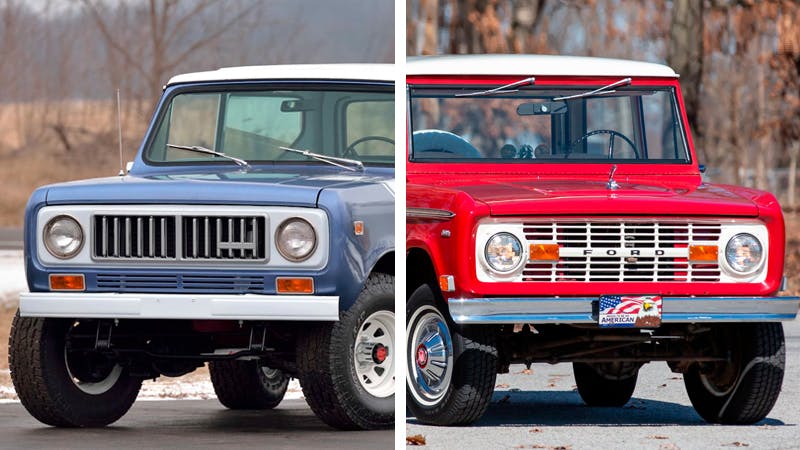
Imitation is the sincerest form of flattery, right? If that’s the case, there must be plenty of automotive designers doing an awful lot of blushing, because we managed to outline a long list of cars that share more than a passing resemblance to totally different models. We’re skipping badge-engineered cars or captive imports—that’s just cheating. Without further ado, here are 20 sets of cars, trucks, and SUVs that look a lot alike, whether by accident or by intent.
1969 Ford Mustang and 1973 Celica fastback
Toyota’s first Celica was a stylish coupe that shared its platform with a mainstream sedan, making it a sort of Japanese pony car. The standard coupe featured a front end design with quad headlamps and a bumper that wrapped partway up the pointed leading edge of the fenders. That aspect taken by itself resembles the 1970 Ford Torino, a bit of convergent evolution. When the 1973 liftback Celica debuted it was hard to deny that it was inspired by the Mustang. From the C-pillar louvers to the vertical elements in the taillights and flared haunches, this has Mustang fastback written all over it.
Chrysler PT Cruiser and Chevrolet HHR
It’s not so much that these cars look alike, but that the HHR was clearly designed with the same exact retro theme in mind. Bryan Nesbitt designed both, penning the shockingly successful PT Cruiser by drawing from late ‘30s cars for inspiration. After moving to GM, Nesbitt tried to get lightning to strike twice, looking to the late ‘40s/early ’50s Suburban as his muse for the HHR.
Toyota FJ40 and Nissan Patrol
The Toyota looks more like a Jeep CJ while the Nissan Patrol looks a bit like an early Land Rover, yet they both still end up looking a lot like each other. We could probably pull in a lot more 4x4s into this discussion, and most of them owe their genesis to the original WWII jeep.
1st-gen Chevy S10 and 1st-gen Dodge Dakota
This one plays out in a similar fashion to the two previous SUVs. There are only so many ways to design a cab and a bed in a time when the predominant styling trend was boxy. The difference here is that the Dakota was bigger, so you could easily differentiate between the two, at least up close.
International Harvester Scout 80/800 and first-gen Ford Bronco
In the weeks and months leading up to the 2021 Bronco reveal, Ford repeatedly (and wrongly) referred to the first-generation Bronco, which debuted as a 1966 model, as the first-ever SUV. The International Scout, which debuted five years prior, filled the same niche and looked fairly similar. Their width was identical and the Scout was less than four inches longer overall. Scouts even got the rear wheel opening right on the first try, no cutting required.
1955 Chrysler 300 and 1956+ Volvo Amazon
Chrysler hit a home run on the elegant styling of the Chrysler 300, bringing sporty looks to a luxury coupe with a perfectly executed split grille. Volvo’s take is a bit more practical, naturally, although the similar grille treatment still looks magnificent. This one of our favorite classic Swedes.
1968–1972 Corvette and 1968–1973 Opel GT
Both of these designs borrowed from the Pontiac XP-833, but we’re not complaining. The swooping fenders of the Corvette pair nicely with the vented hood that came with the 427 big-block and LT1 350. It’s admirable that Opel could fit that much style into such a small package without looking too cartoonish. If we had to pick a favorite between the two, we’re going ‘Vette over GT, despite the satisfaction that comes with pulling the lever in the Opel to roll the headlights open.
Dino 246 GT and Puma GTE
Despite the fact that the Dino was a mid-rear-engine car and the Puma had its VW engine in the back, these cars both have tunneled headlights and a similar greenhouse shape. To the untrained eye, they’re not far off.
1968-1976 Ferrari 365 GTC/4 and Chevy Monza
Another Ferrari lookalike, this one is more of a stretch. Chevrolet’s Monza fastback was a contemporary update to the H-body Vega. While the Monza did get some small-block V-8s shoehorned into its small engine bay, there’s no confusing these two when it comes to performance, but the fastback Monza does have more than a hint of 365 GTC/4 shape in the greenhouse.
Maserati Khamsin and Bitter CD
We appreciate the beautiful pairing of low-volume European design and an available American pushrod V-8. This sporty Bitter, based on the Coupe Diplomat, offered Chevy 327 V-8 power. Plenty of European coupes from the ’70s have a similar overall aesthetic, but we think it most closely resembles the attractive Maserati Khamsin. It lacks the Maserati’s distinctive transparent tail panel, but otherwise, it would be easy to mix these two up.
1972-1976 Ferrari 365 2+2 and 1979 Bitter SC
Another Opel-based Bitter, the SC used Opel Senator underpinning to make a grand touring coupe that looked quite a bit like the understated Ferrari that had gone out of production three years prior. That’s the Ferrari on the left, FYI.
1989 Daihatsu Rocky and 1989 Suzuki Sidekick
These two Japanese mini utilities were both introduced in 1989, and while they do have unique features that differentiate themselves, namely their fender flares and grilles, they both came in two-door versions with removable hardtops or soft tops and the angle of their C-pillars are virtually identical.
1975 AMC Pacer and 1977 Porsche 928
The proportions are wrong, we readily admit. However, you can’t dismiss the similarities with the wraparound quarter windows. Porsche designer Tony Lapine was supposedly struck by the Pacer’s design and it inspired the grand touring Porsche’s B-pillar and rear glass treatment. The 928 has nothing on the Mirthmobile though.
1966 AMC Marlin and 1966 Dodge Charger
Both large coupes with fastback rooflines, it would be hard to argue that the Charger wasn’t inspired by the 1963 Rambler Tarpon concept that gave birth to the AMC Marlin. AMC was initially aiming for a Barracuda competitor but the Marlin was a size larger and the Charger was larger still. We’d argue that Mopar pulled off a better roof profile, although the Marlin’s tapering roof lines, when viewed from the back, also remind us of a Chrysler Crossfire.
Mitsubishi Starion/Chrysler Conquest and Mazda RX-7
There was quite a bit of competition among the Japanese automakers in the sports compact market, filling showrooms with turbocharged coupes throughout the ’80s and ’90s. Mazda’s effort of the era, the second-generation RX-7, was inspired by the Porsche 944, as evidenced by its subtle box-flared fenders. Less subtle were the flares on the wide-body version of the Mitsubishi Starion, which we also got in the United States as the Chrysler Conquest. The two cars have a similar overall shape, both have pop-up headlights, and the resemblance is particularly strong when the RX-7 wears its optional black horizontal trim that runs right across the nose. The C-pillar quickly distinguishes the two.
1971-1972 Chevy K5 Blazer and 1972-1973 Jeep Commando
The Jeepster Commando was Jeep’s take on a Scout/Bronco competitor. If we say it looked like a CJ with a stretched fiberglass top it would be accurate but it wouldn’t do it justice. They still look great. To shake things up for 1972, Jeep dropped the Jeepster name and the Commando got a full-width front grille and new sheetmetal from the cowl forward. The grille looks a bit like Chevrolet truck’s “egg-crate” design from 1971 and 1972.
Kia Optima and Kia Stinger
We normally would ignore family resemblance when talking about doppelgängers, although these two sedans penned by former Audi designer Peter Schreyer look so much alike while being very different under the skin. The Optima is a FWD family hauler and the Stinger is a RWD sport sedan. Their profiles and C-pillars are quite similar, so don’t feel bad about getting confused when you see one on the street.
1997 Porsche Boxster and 2000 Toyota MR2
With their buggy eyes and prominent side air intakes, these two mid-engine drop-tops are frequently mistaken for one another, especially at a quick glance. Insider factoid: both have the exact same amount of headroom with the top down!
Third-generation Chevrolet Cavalier and 2004 Pontiac GTO
Certain members of the Hagerty staff have been quick to defend criticism of the 2004-2006 Pontiac GTO. Detractors will say that a muscle car like the GTO should look bold and brash, while we counter that the original muscle cars were simply two-door versions of everyday sedans that were given a performance boost by way of a big V-8. In that regard, the GTO fits the muscle car template well. However, we can’t deny that it also looks like an oversize Cavalier. We still love them.
Hummer H1 and Toyota Mega Cruiser
There was nothing on the road quite like the Hummer H1, the civilian version of the U.S. military’s HMMWV, until Toyota built itself a version. Need we say more?
Alas, there are many more lookalikes, but by this point we’re seeing double. Let us know which vehicles you think bear more than a passing resemblance.
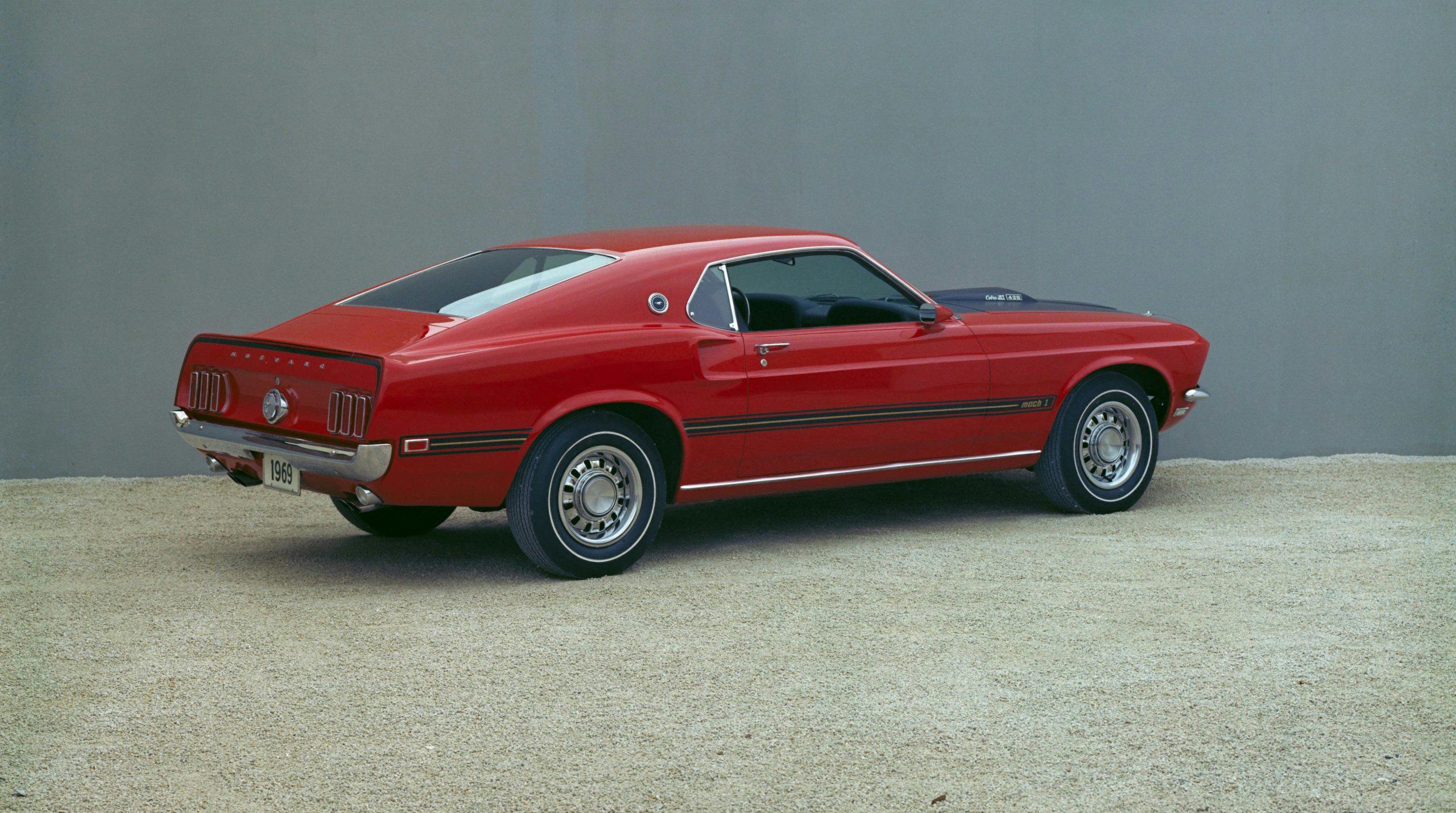
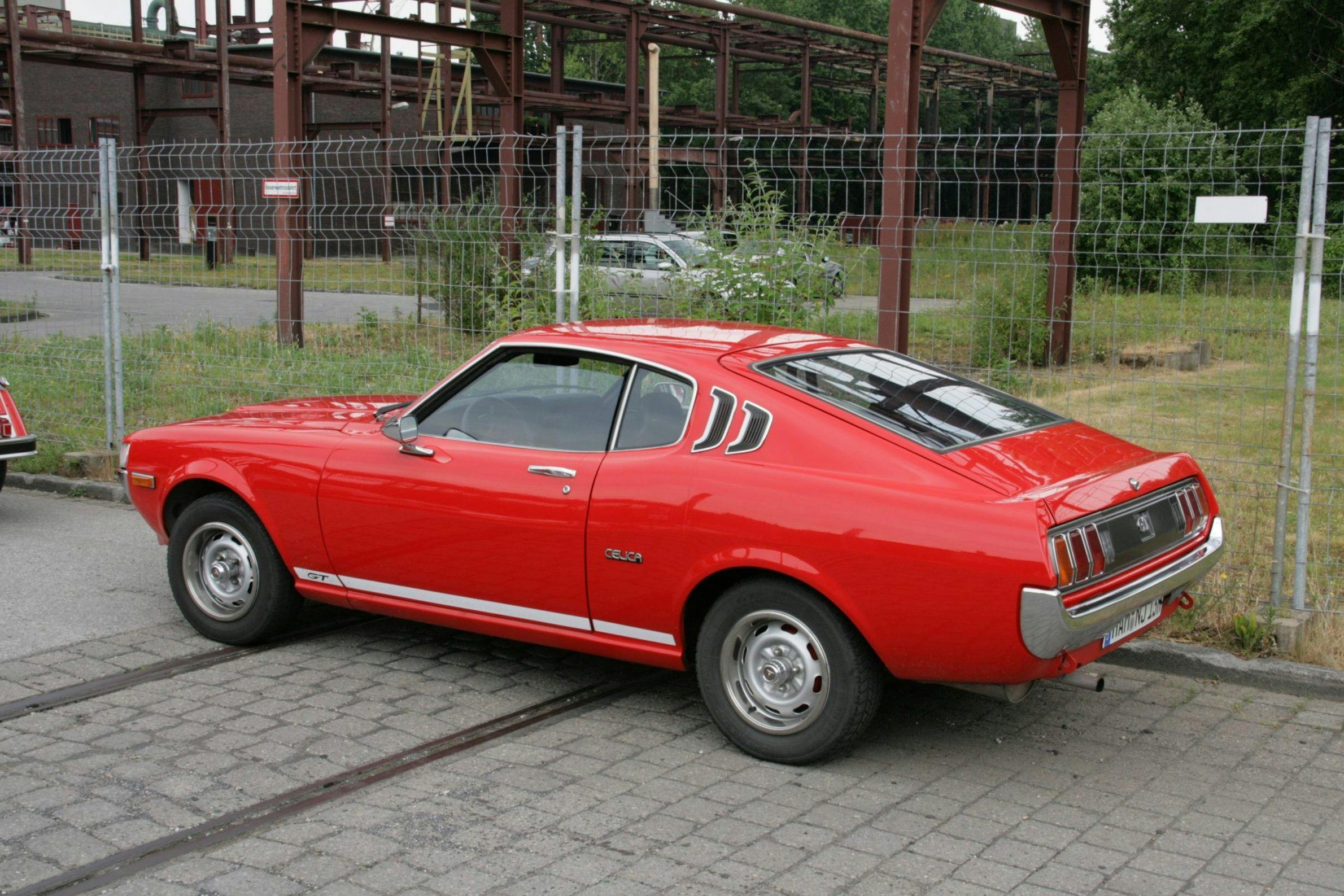
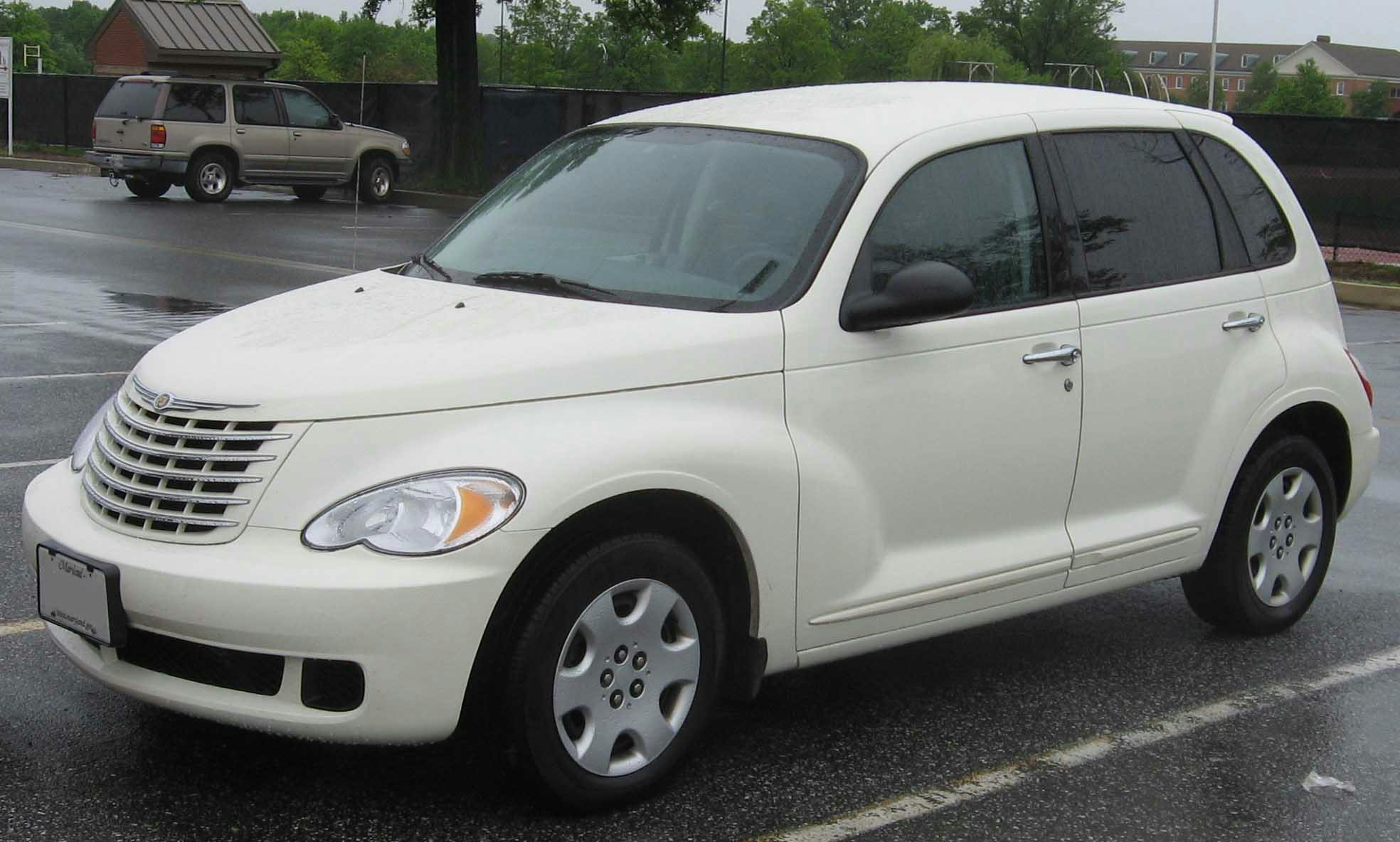
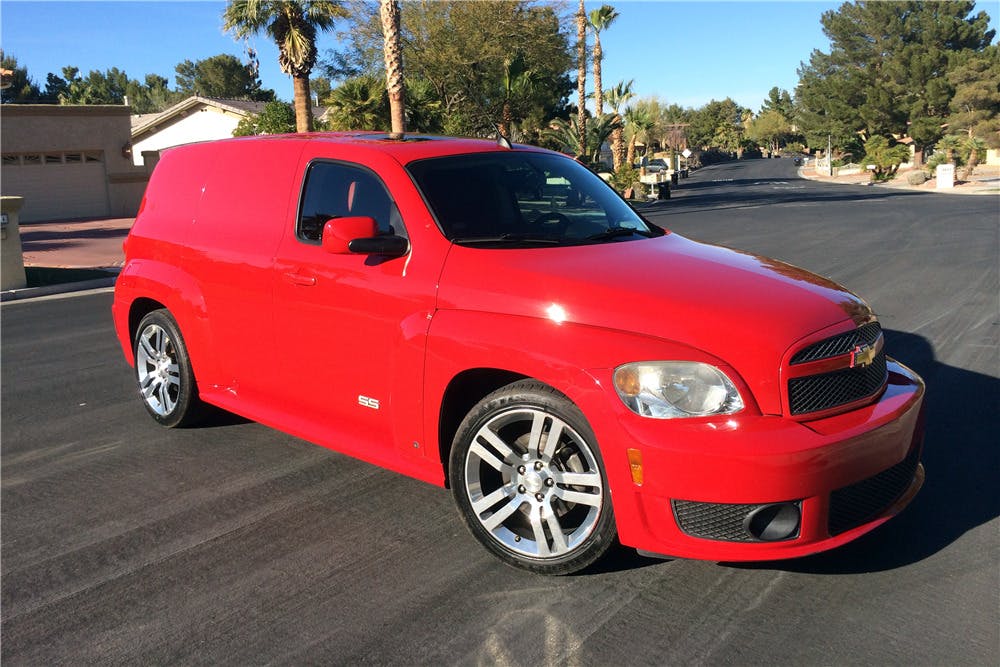
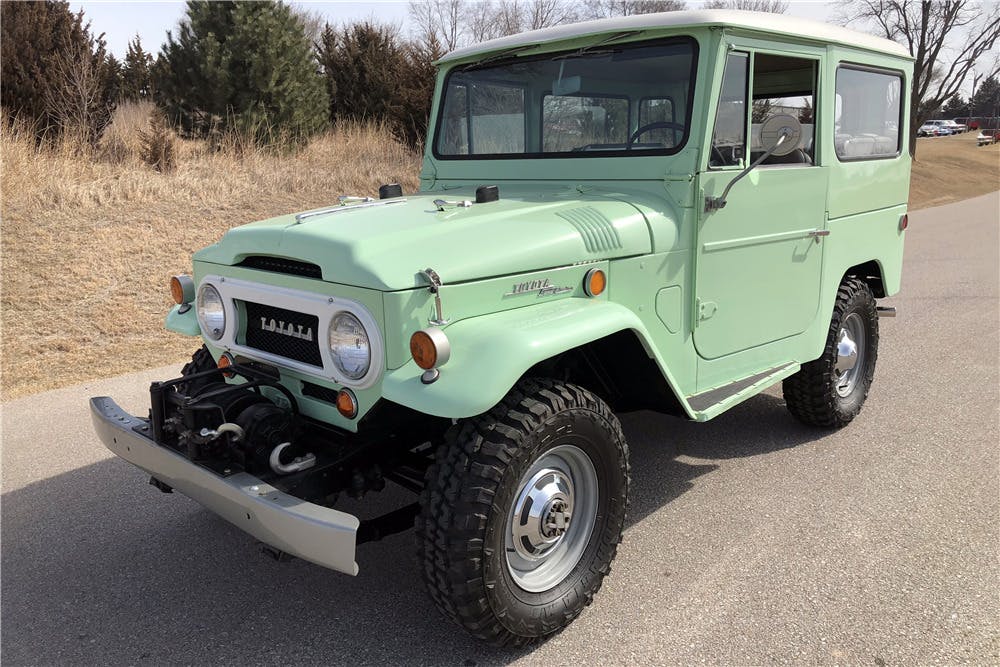
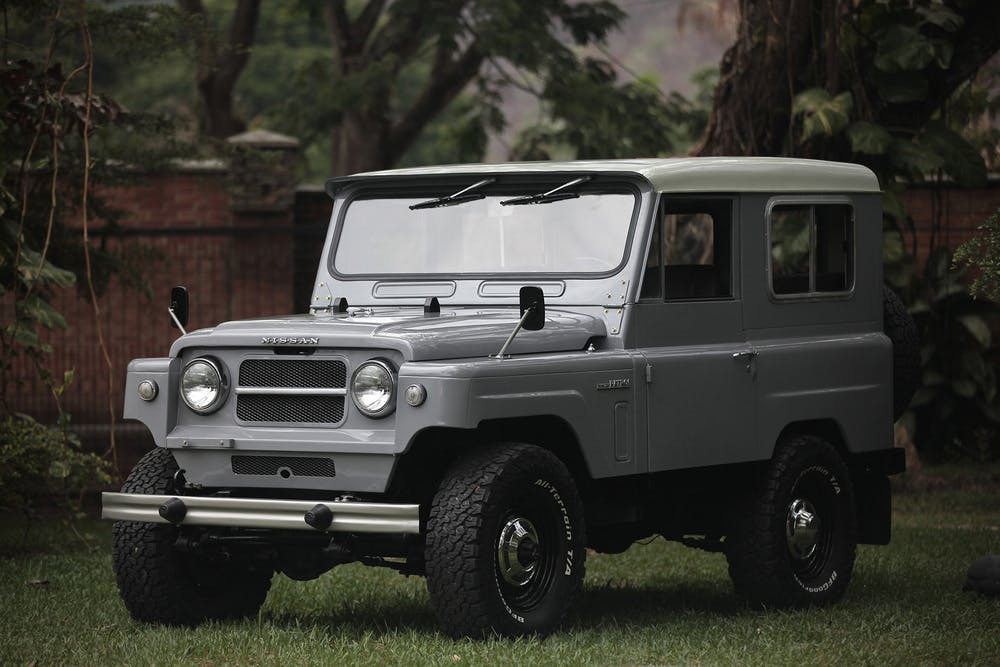
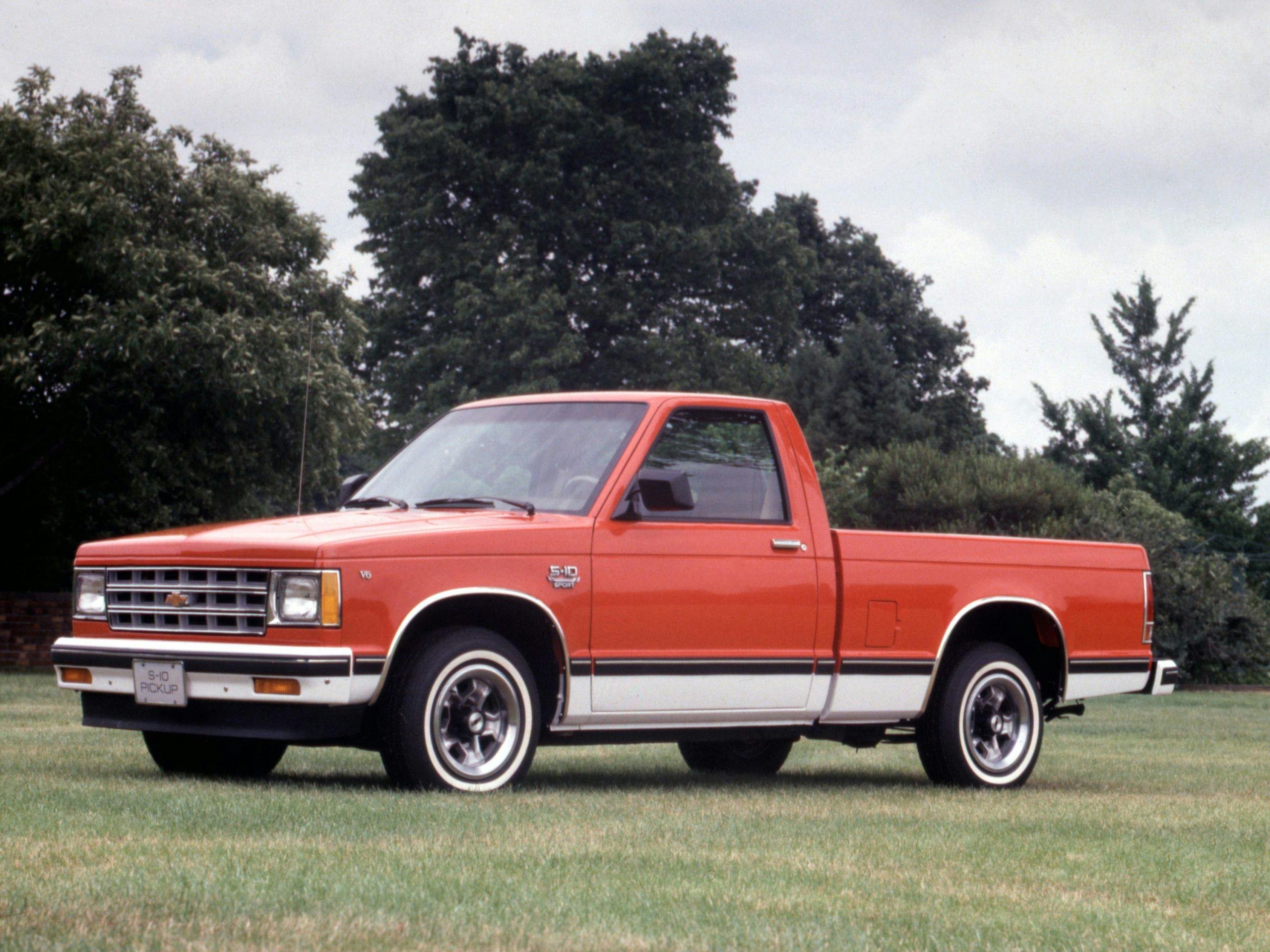
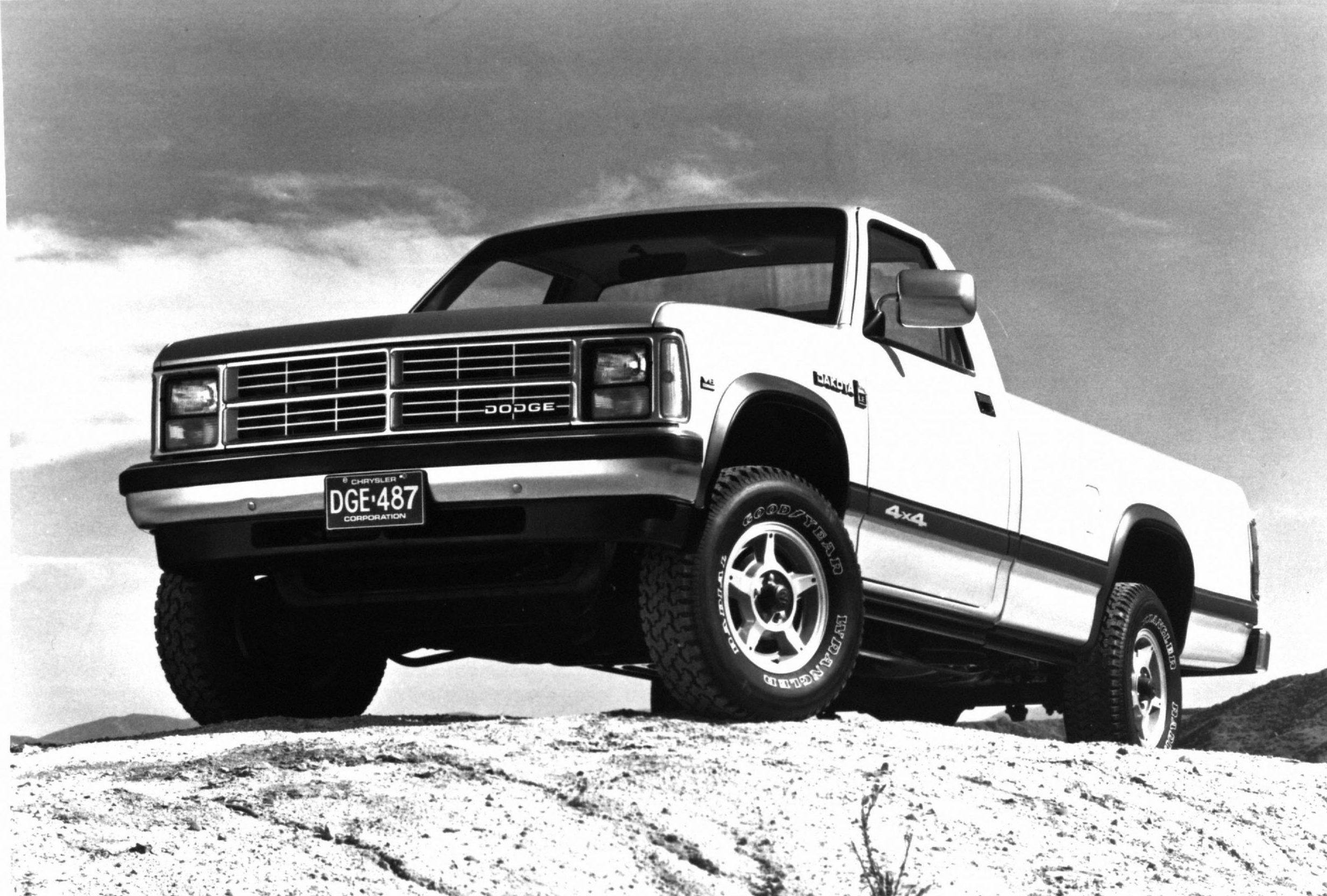
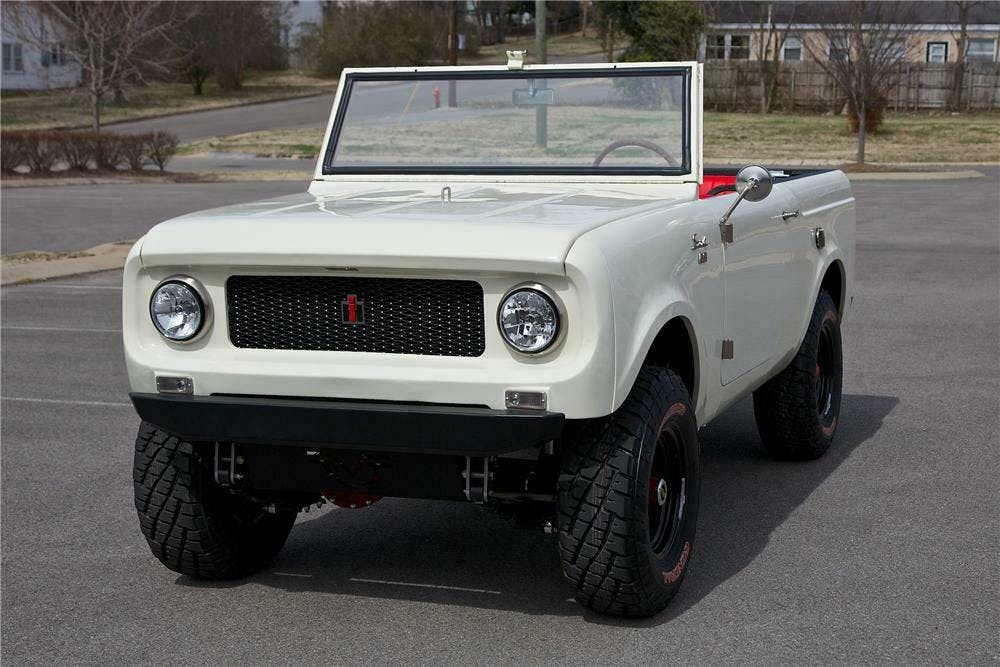
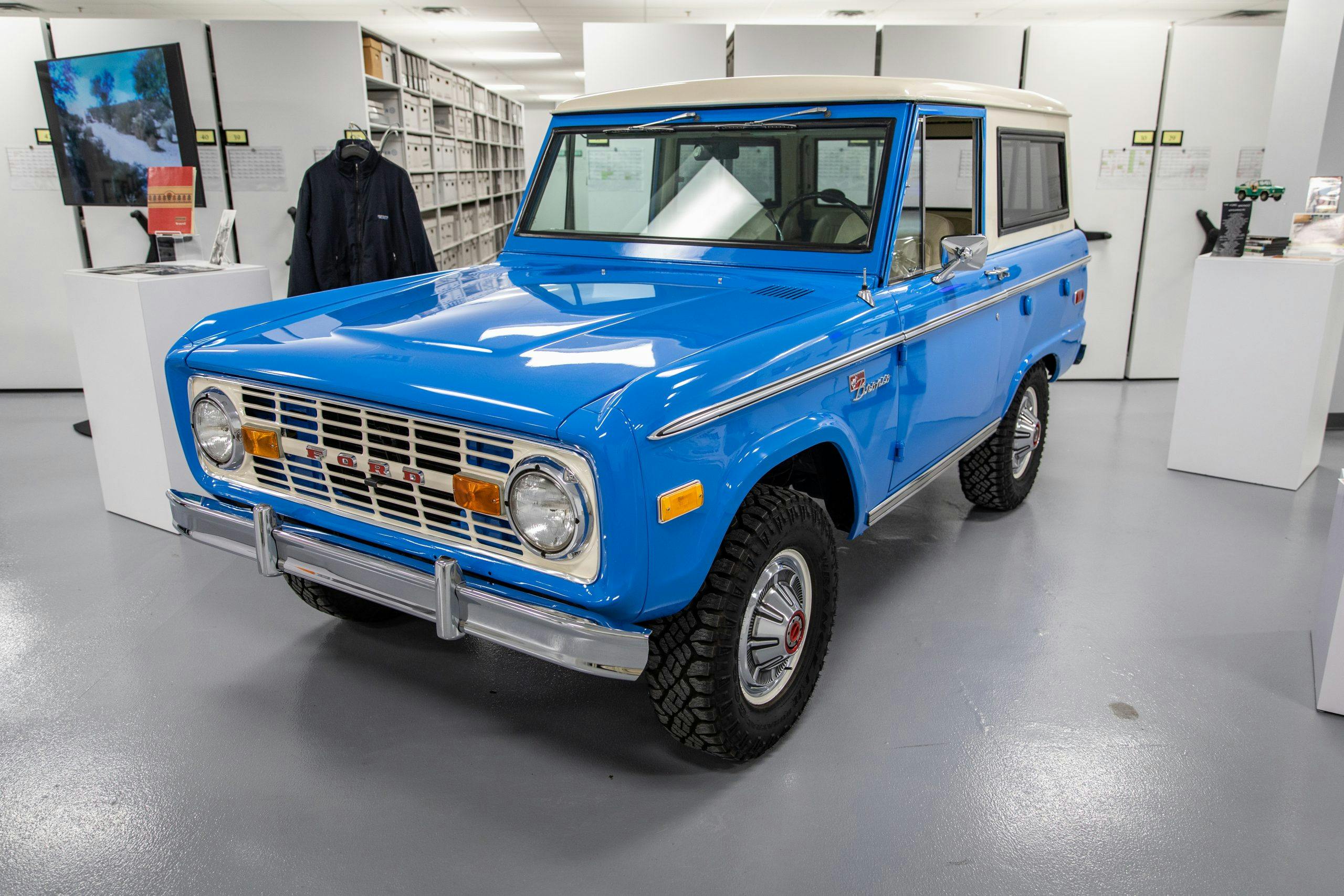
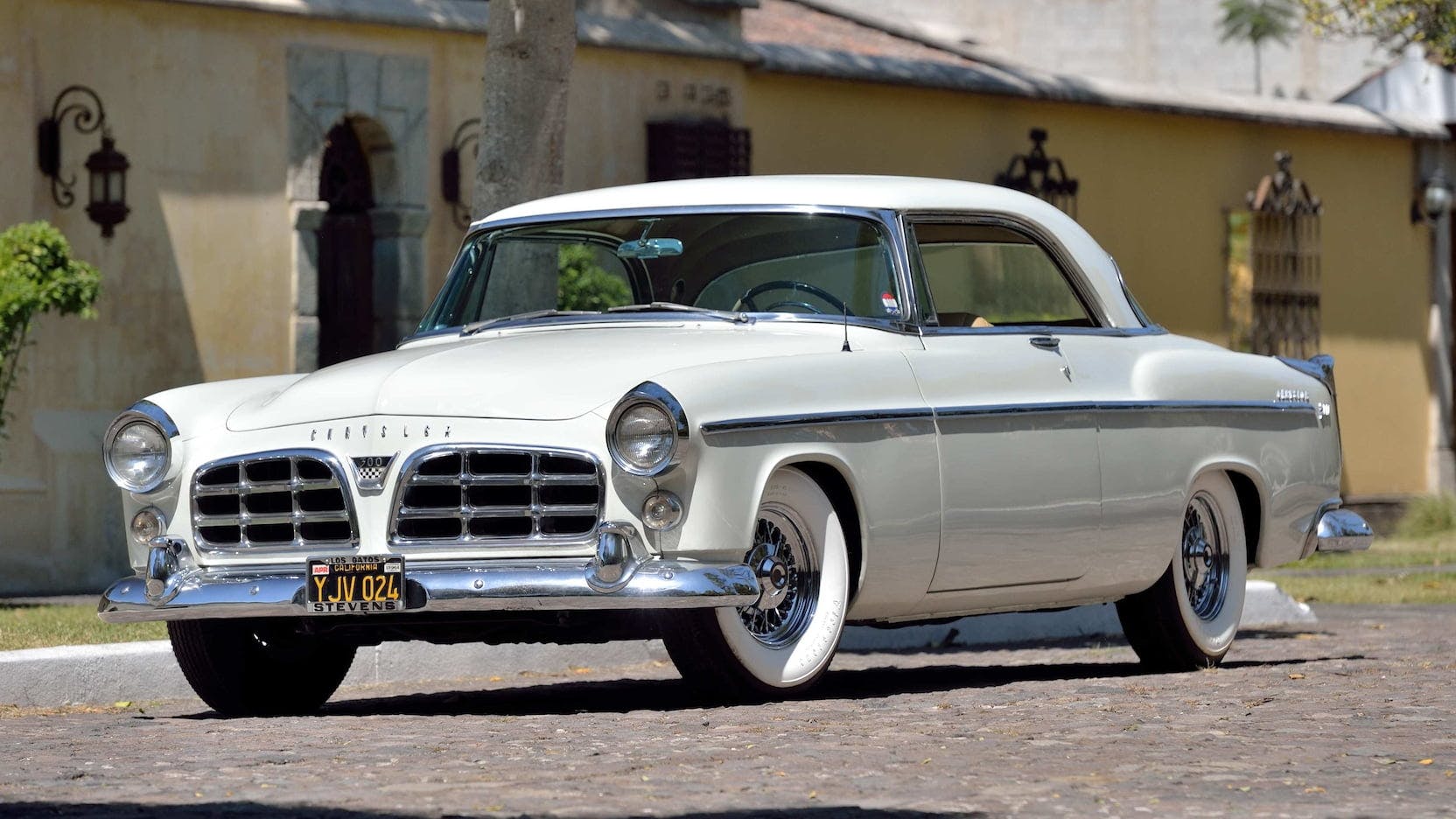
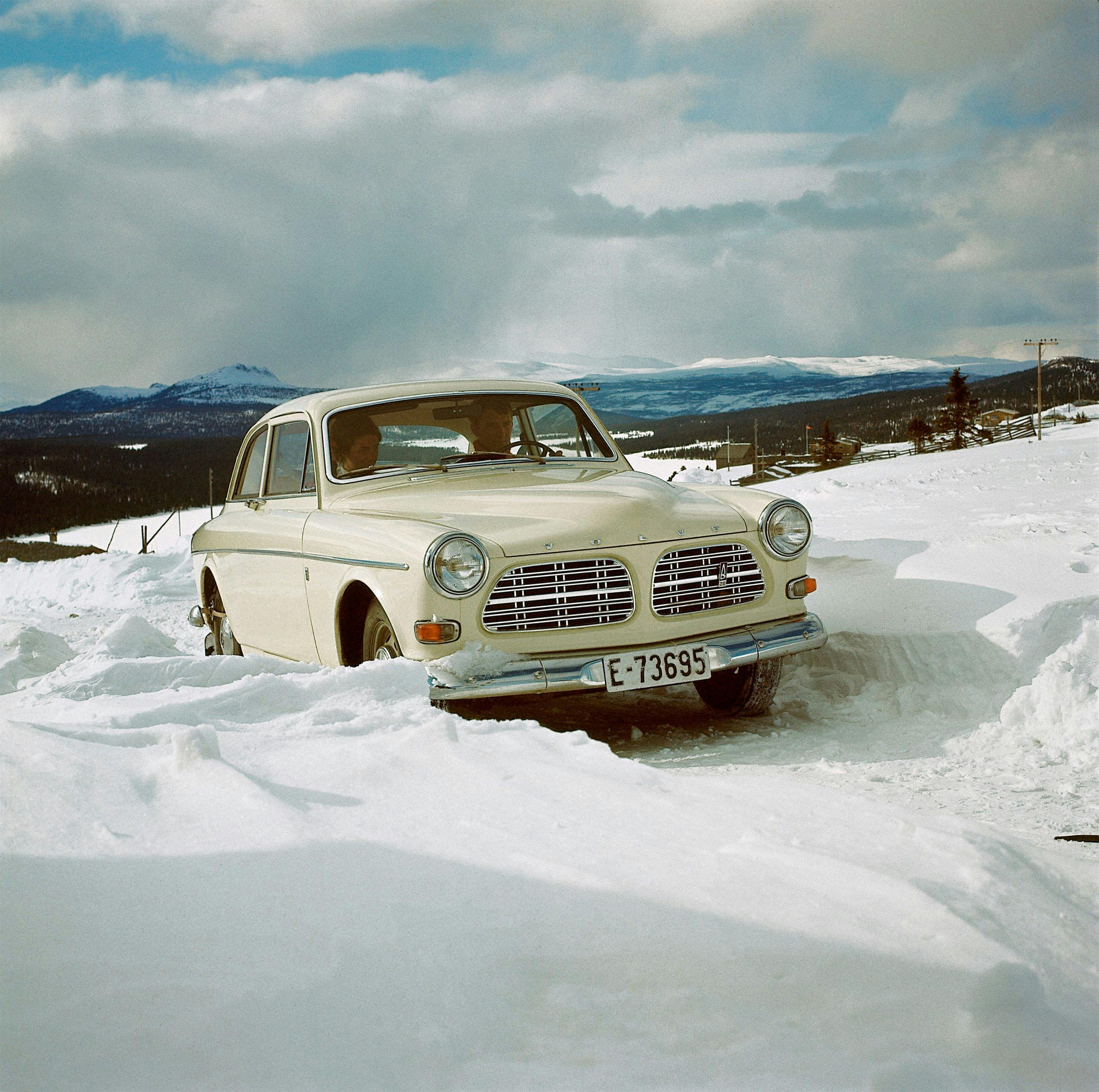
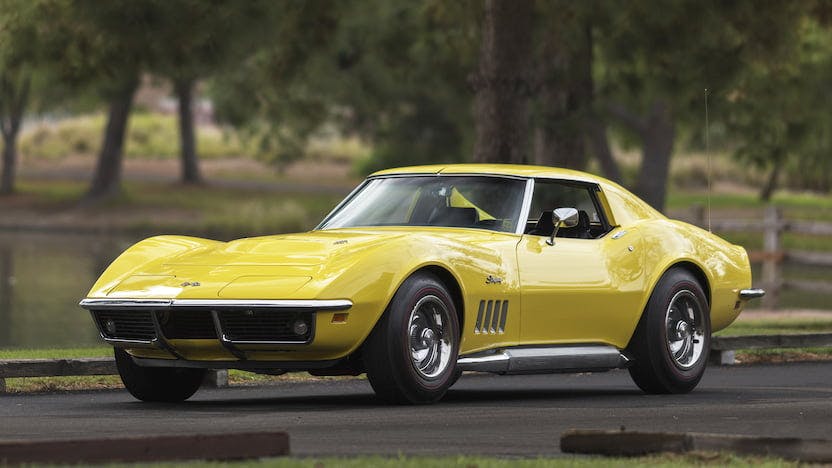
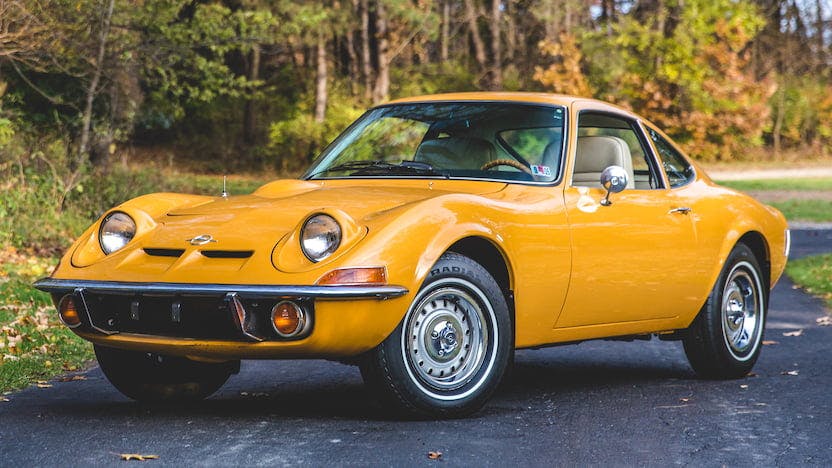
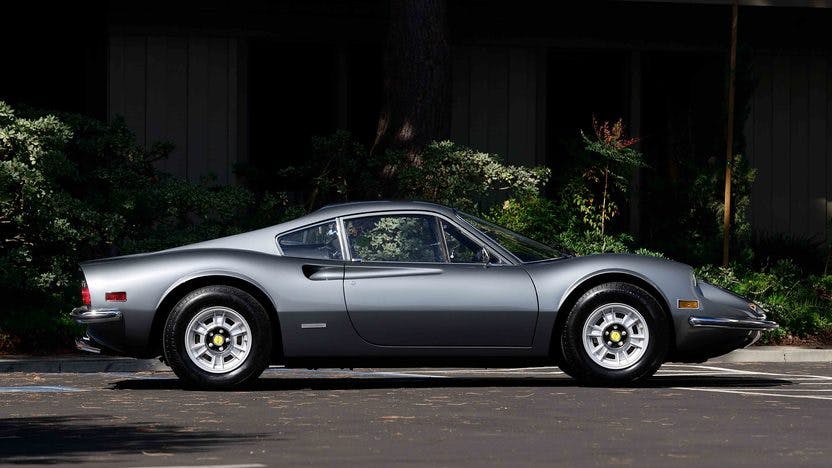
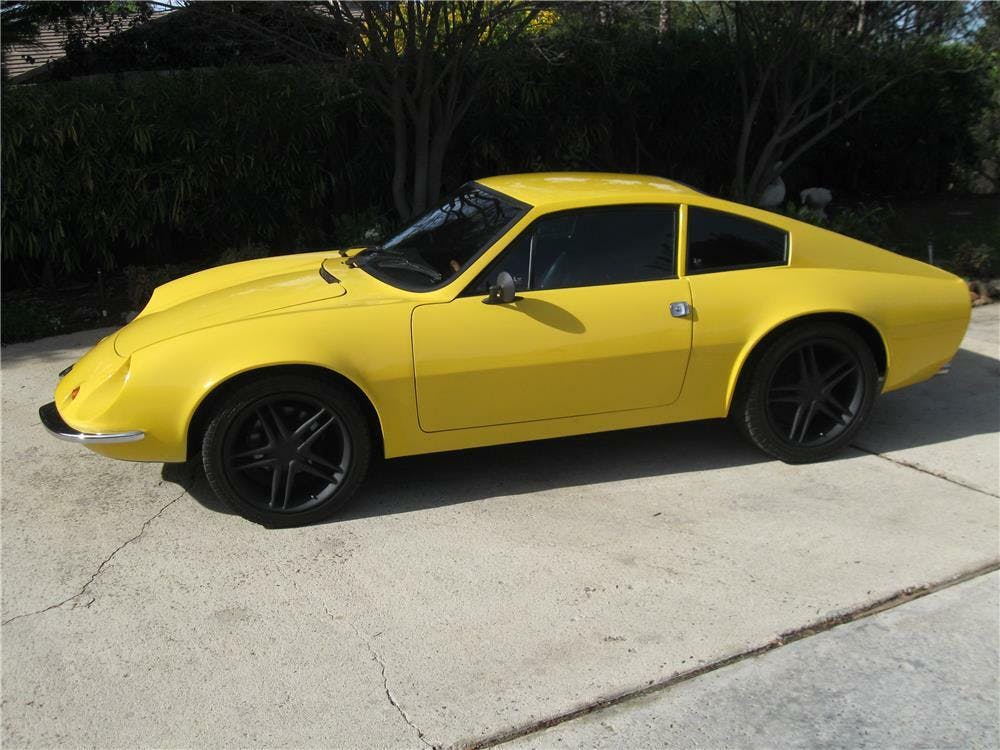
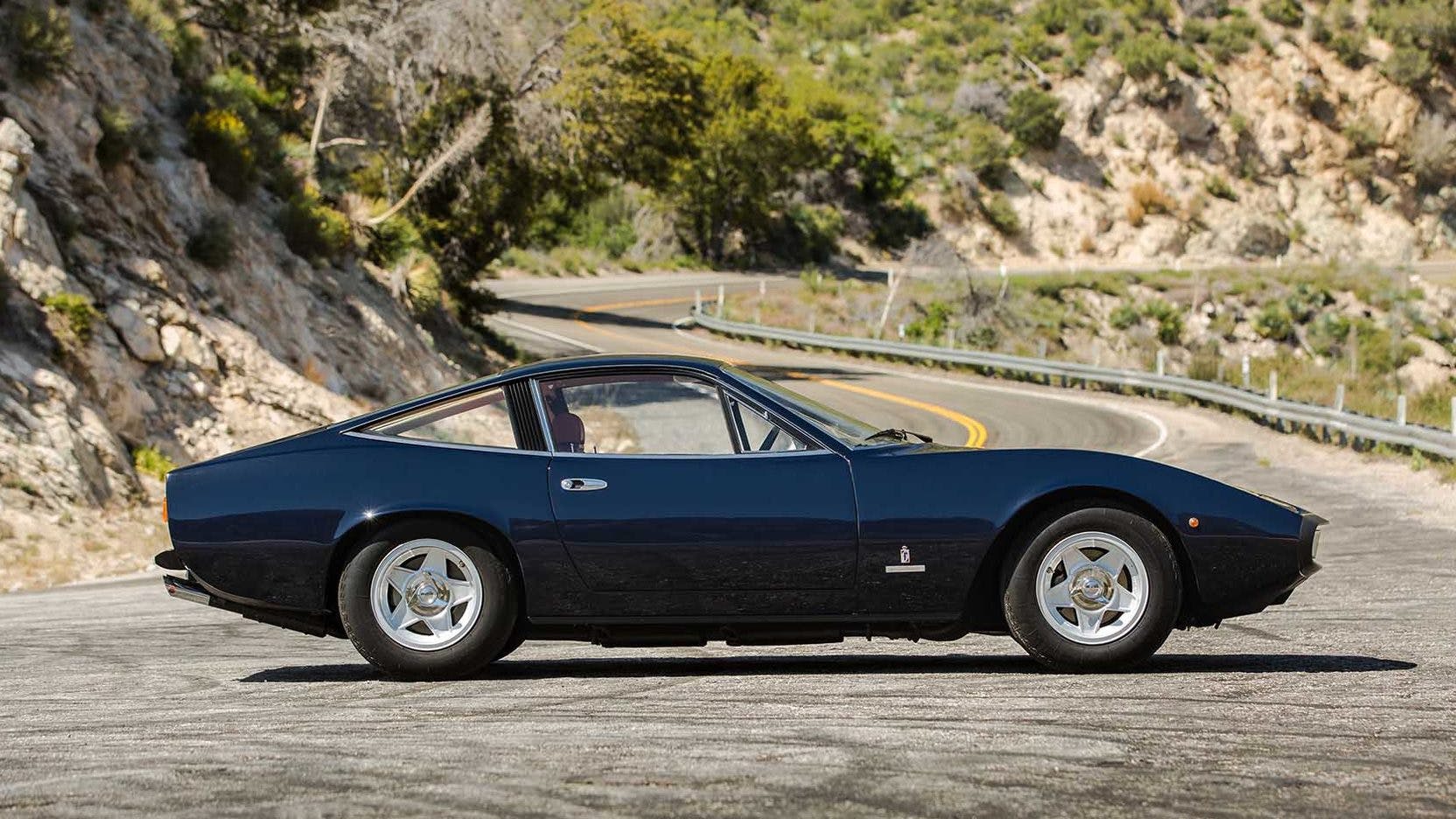
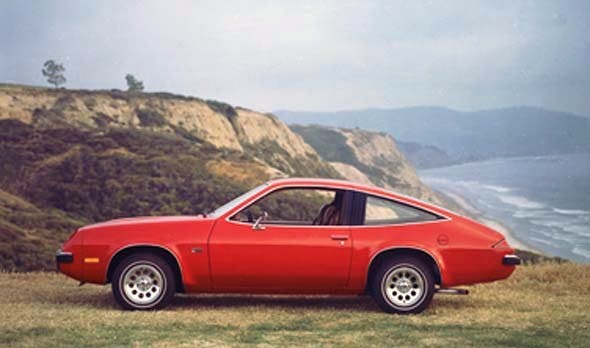
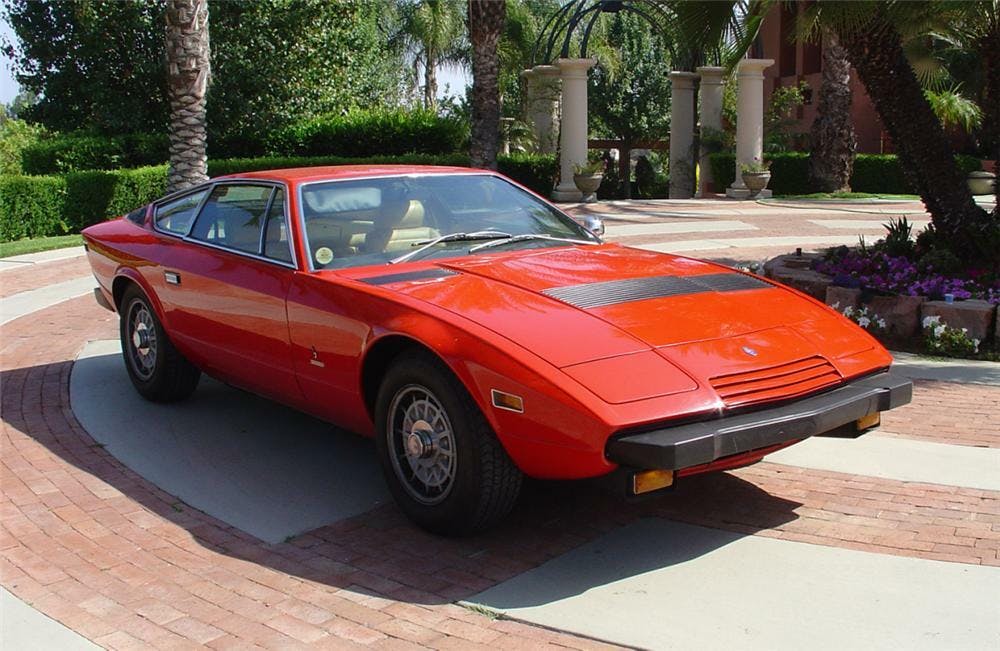
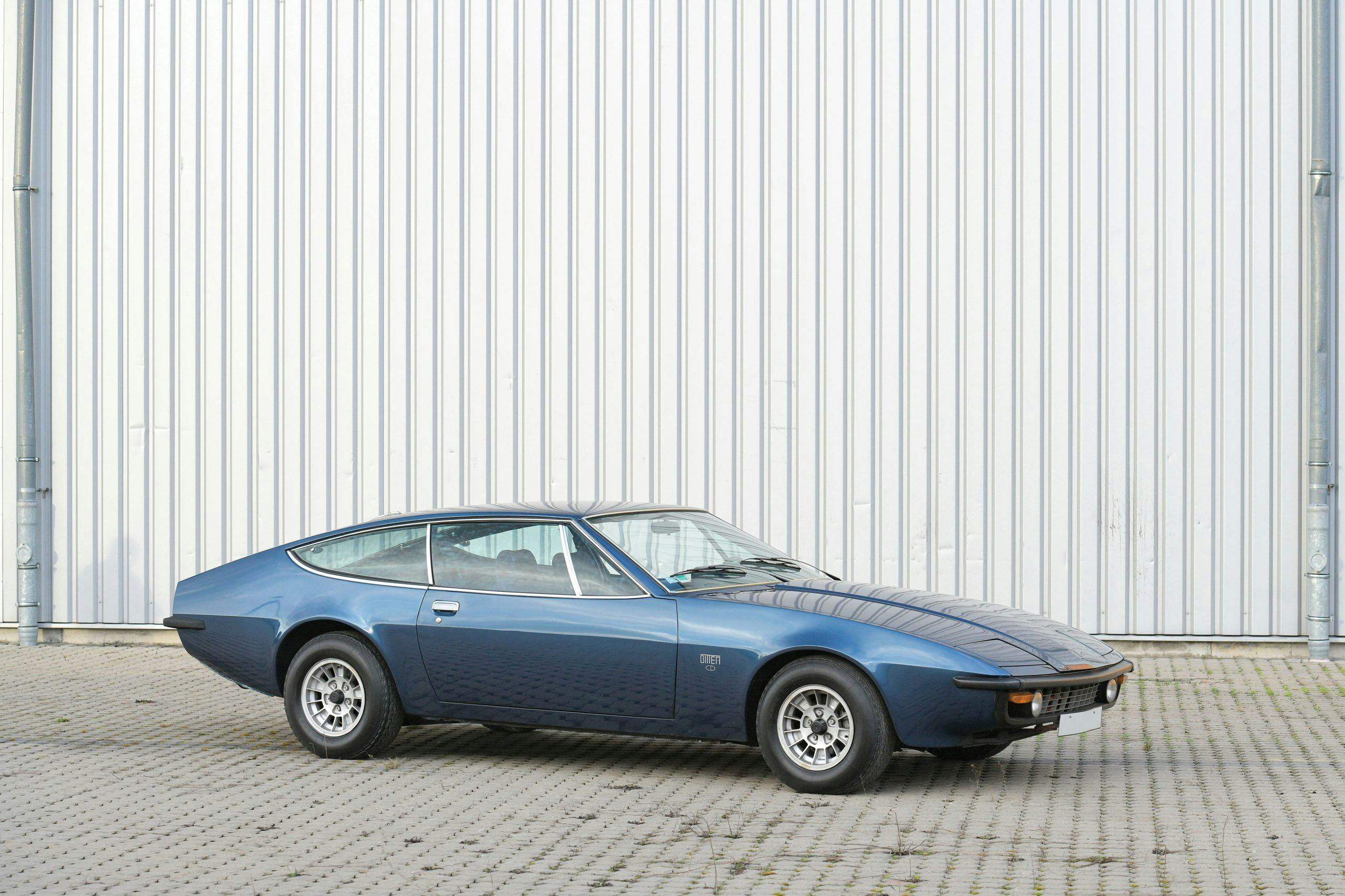
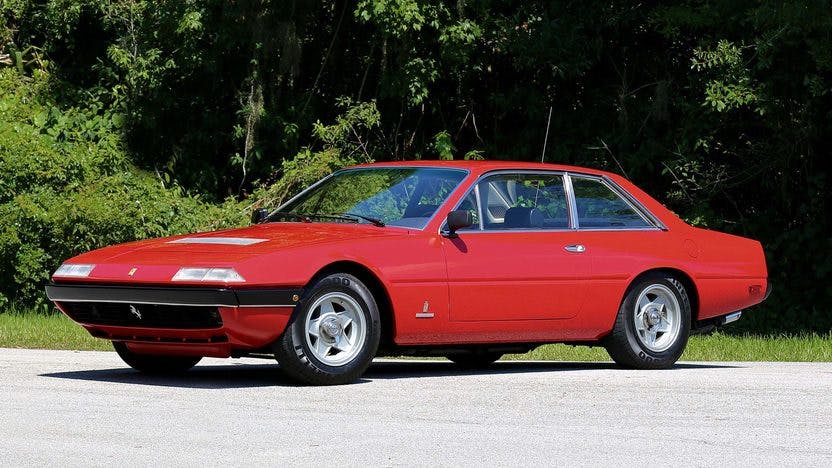
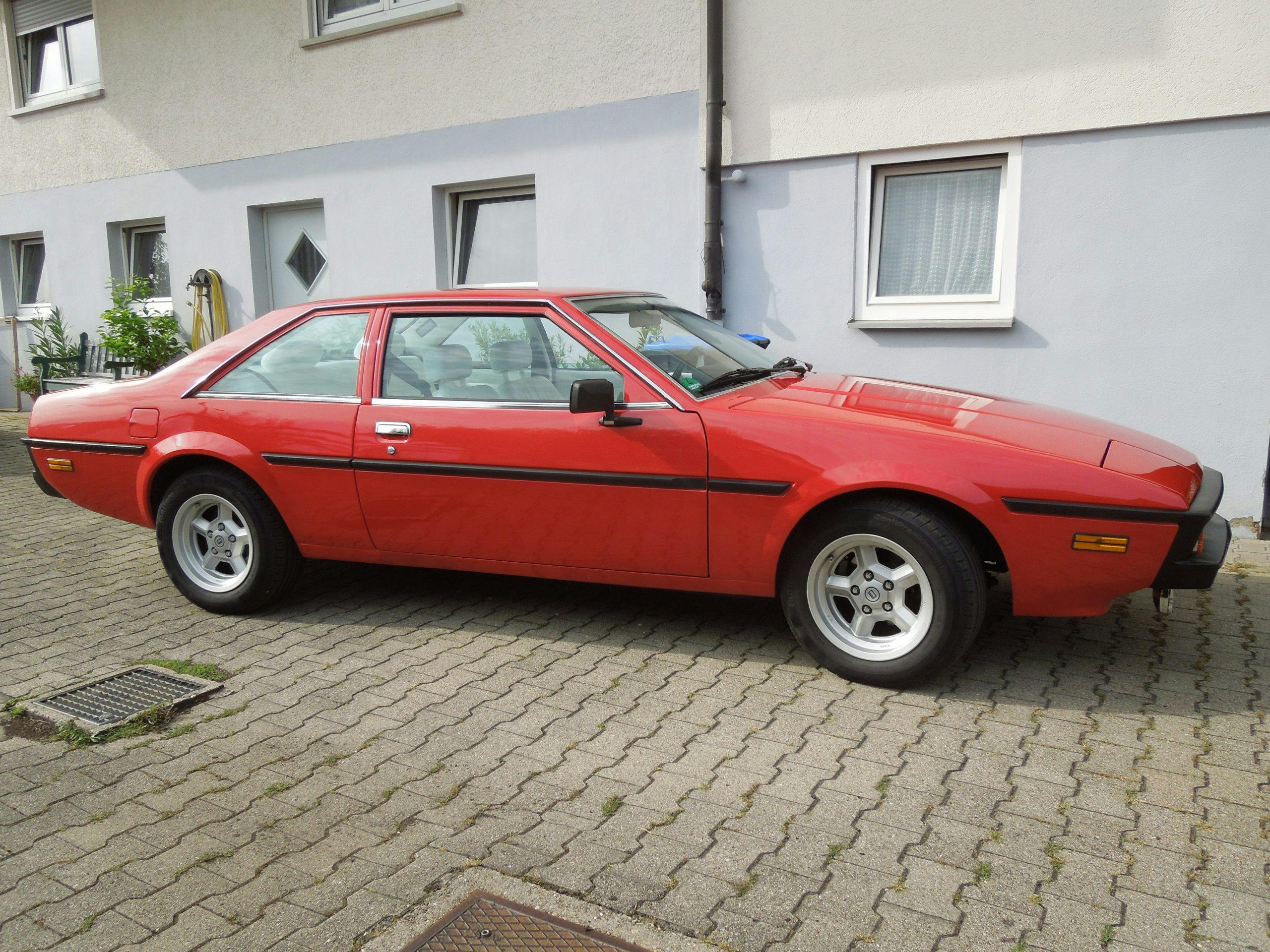
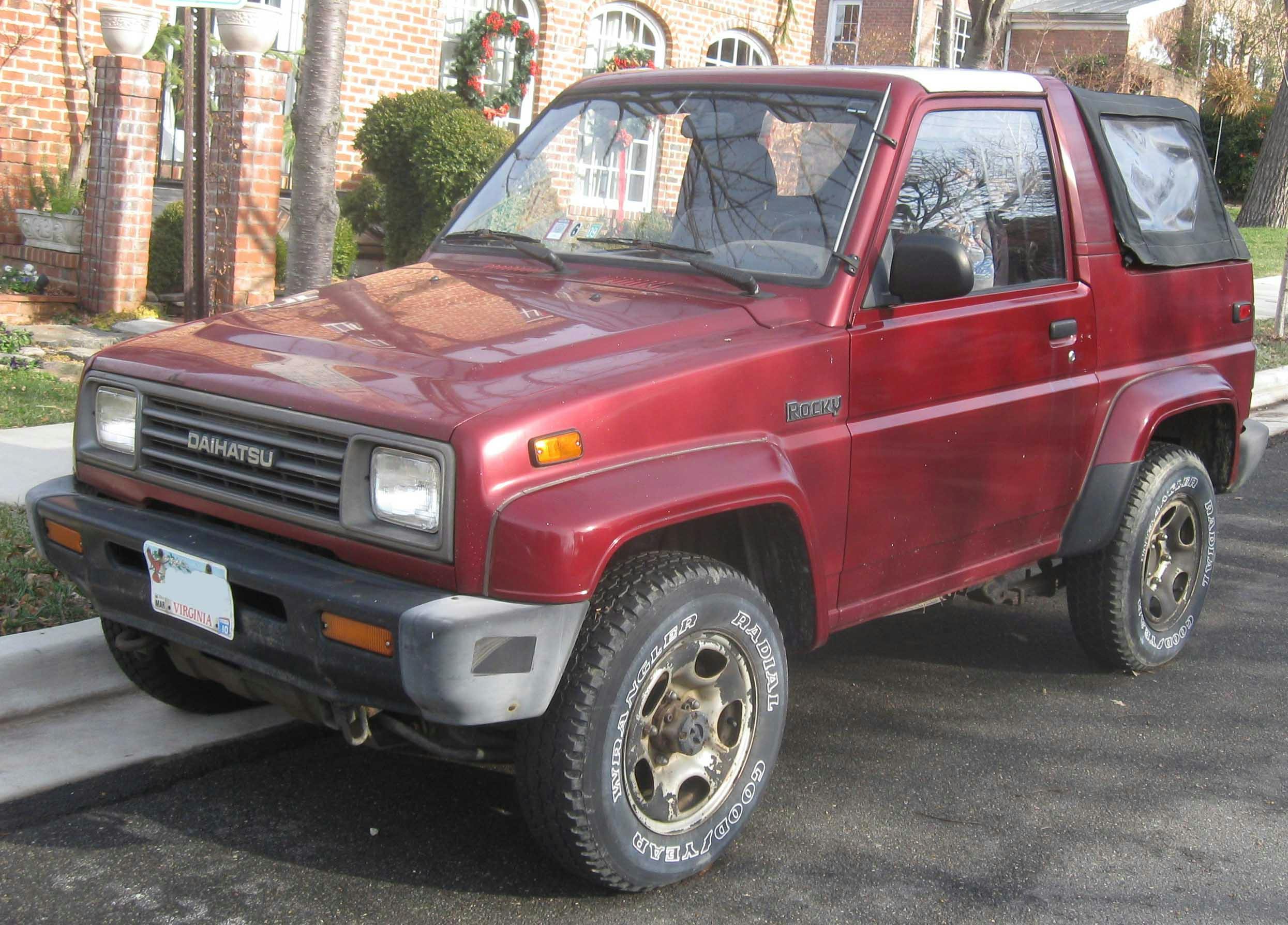
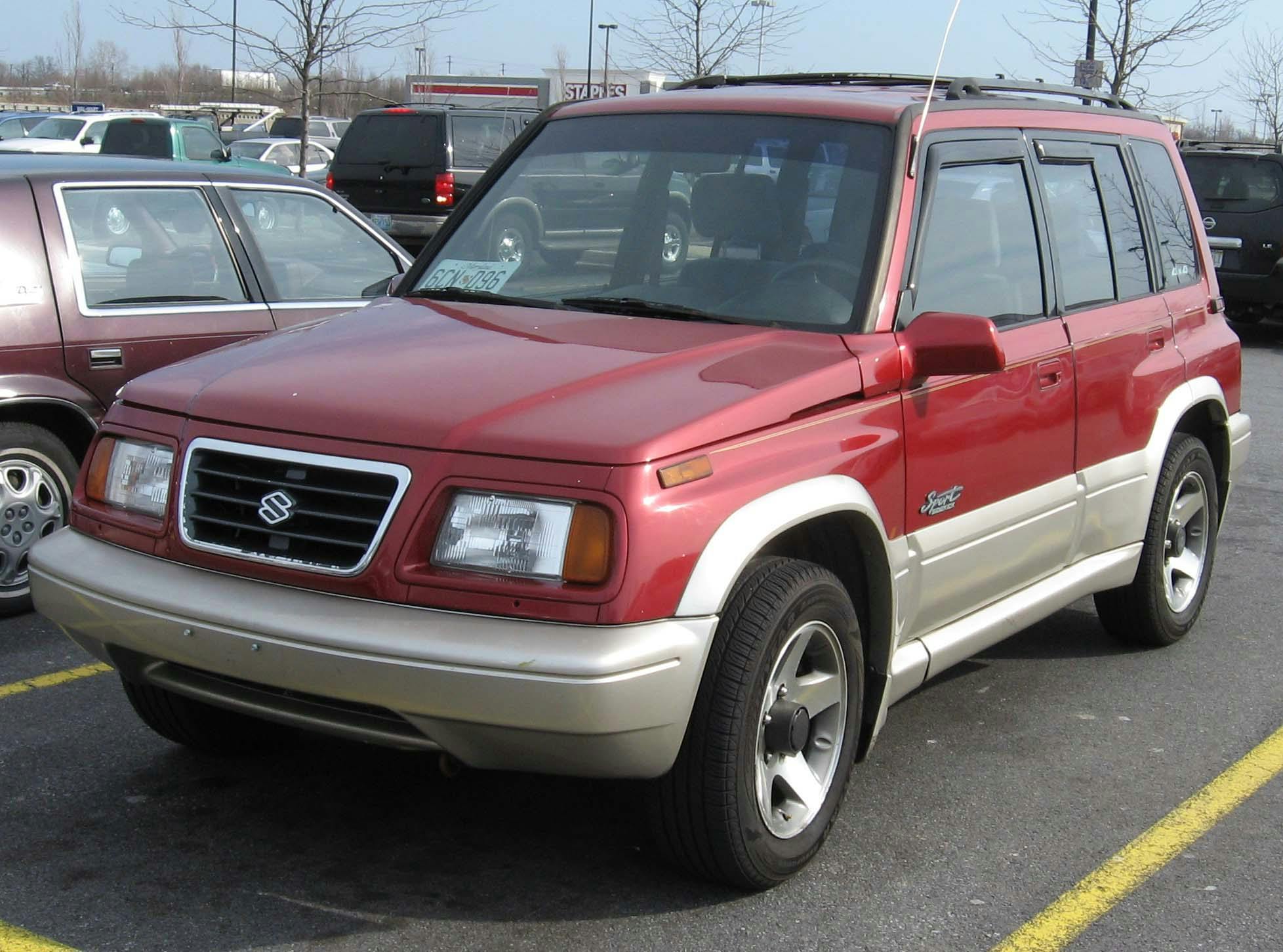
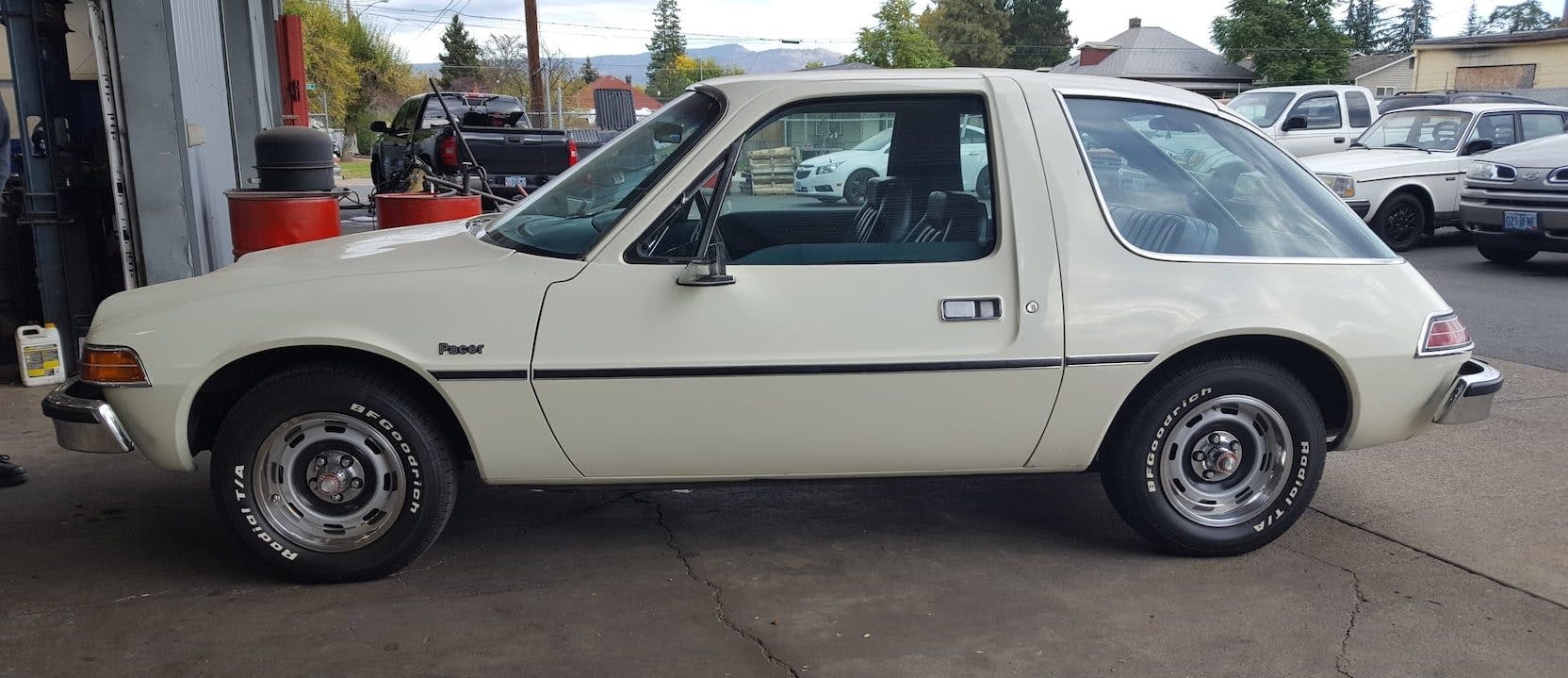
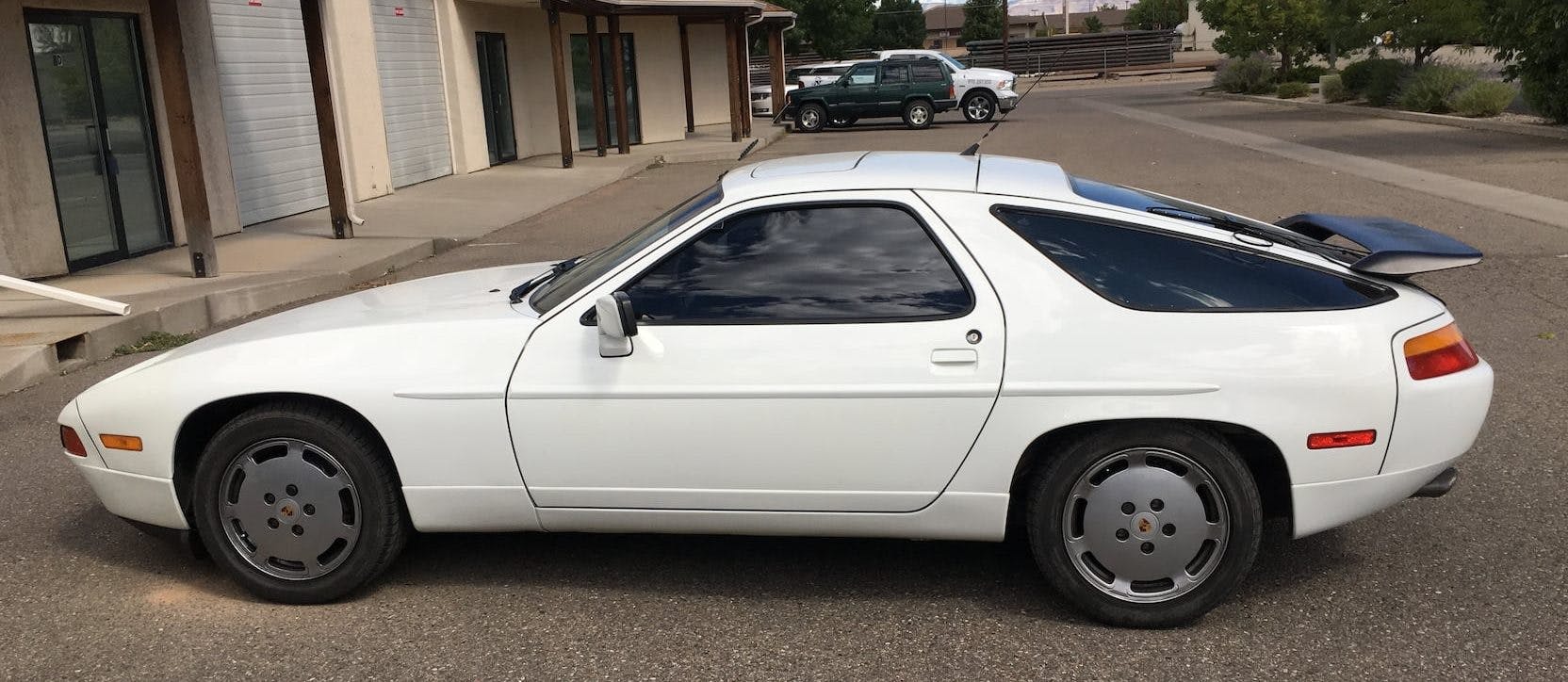
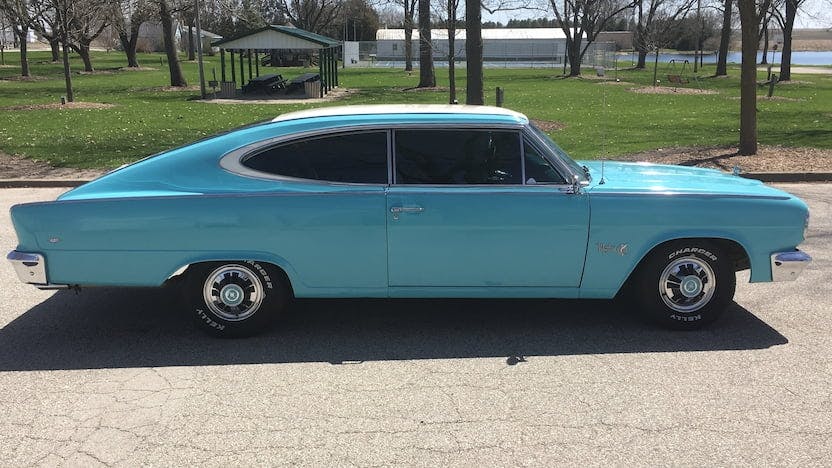
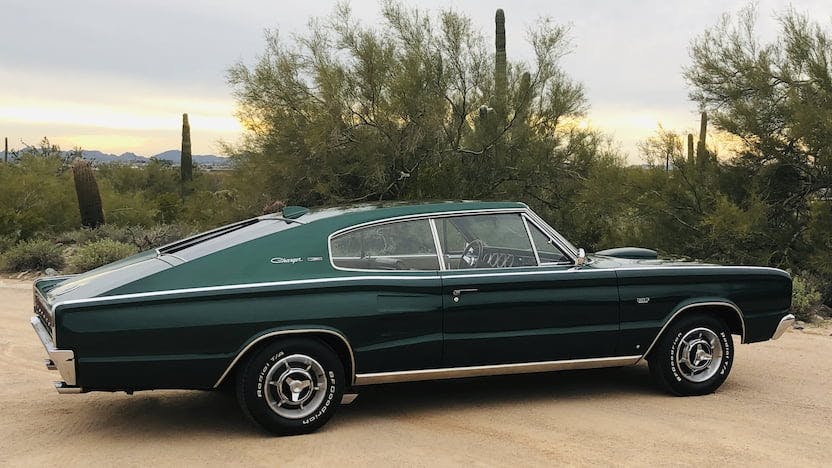
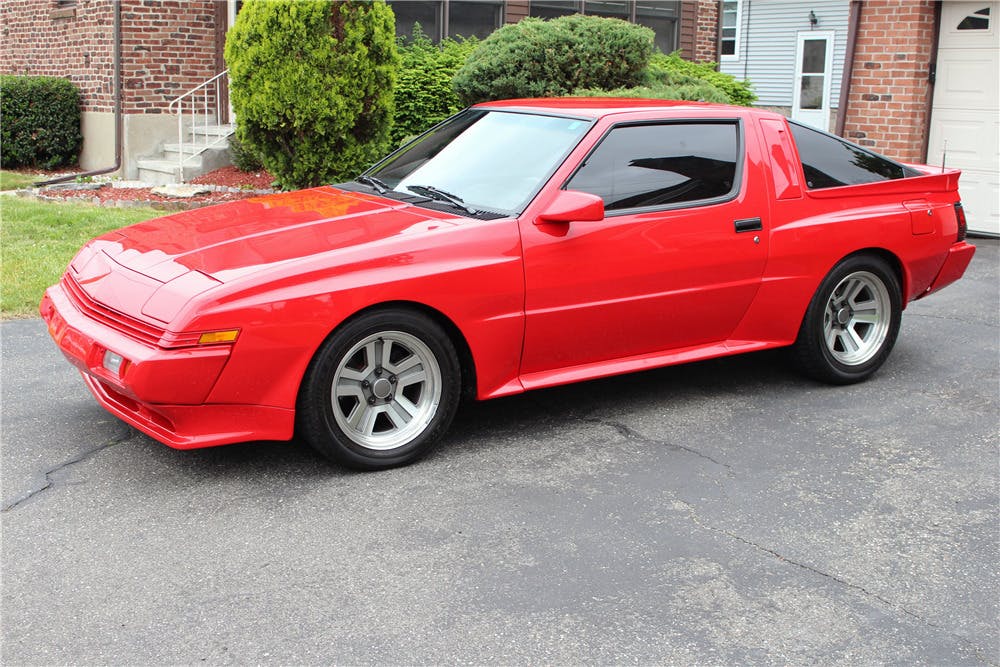
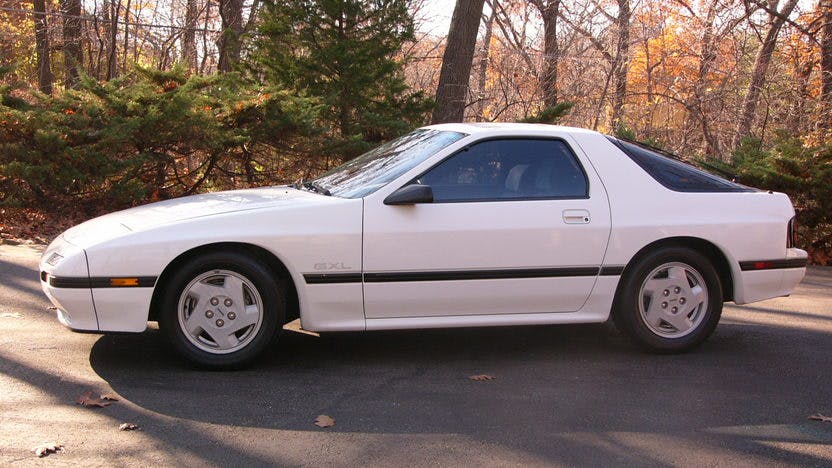
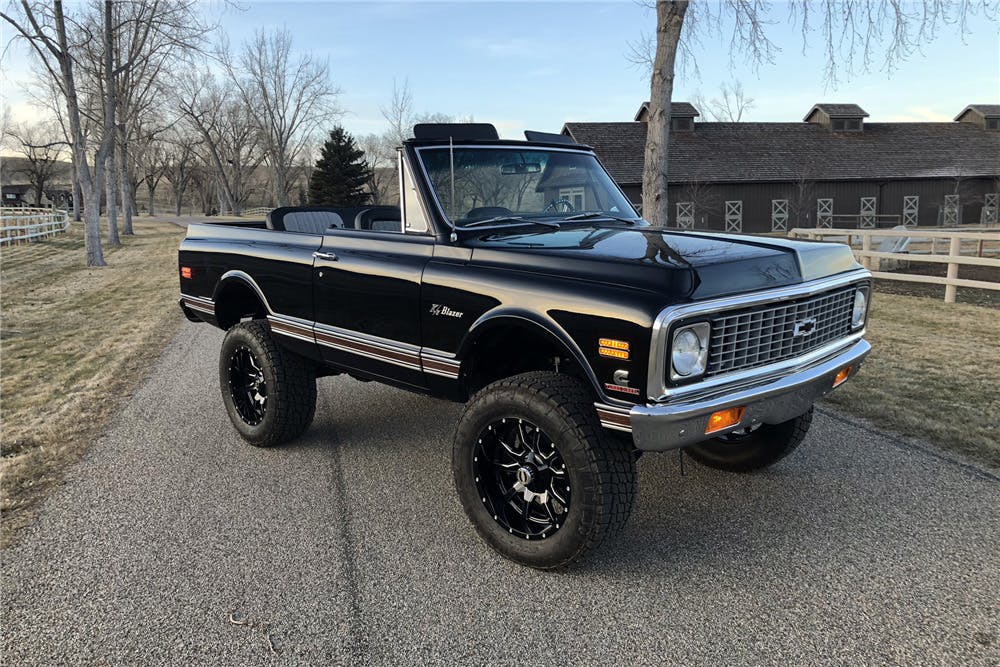
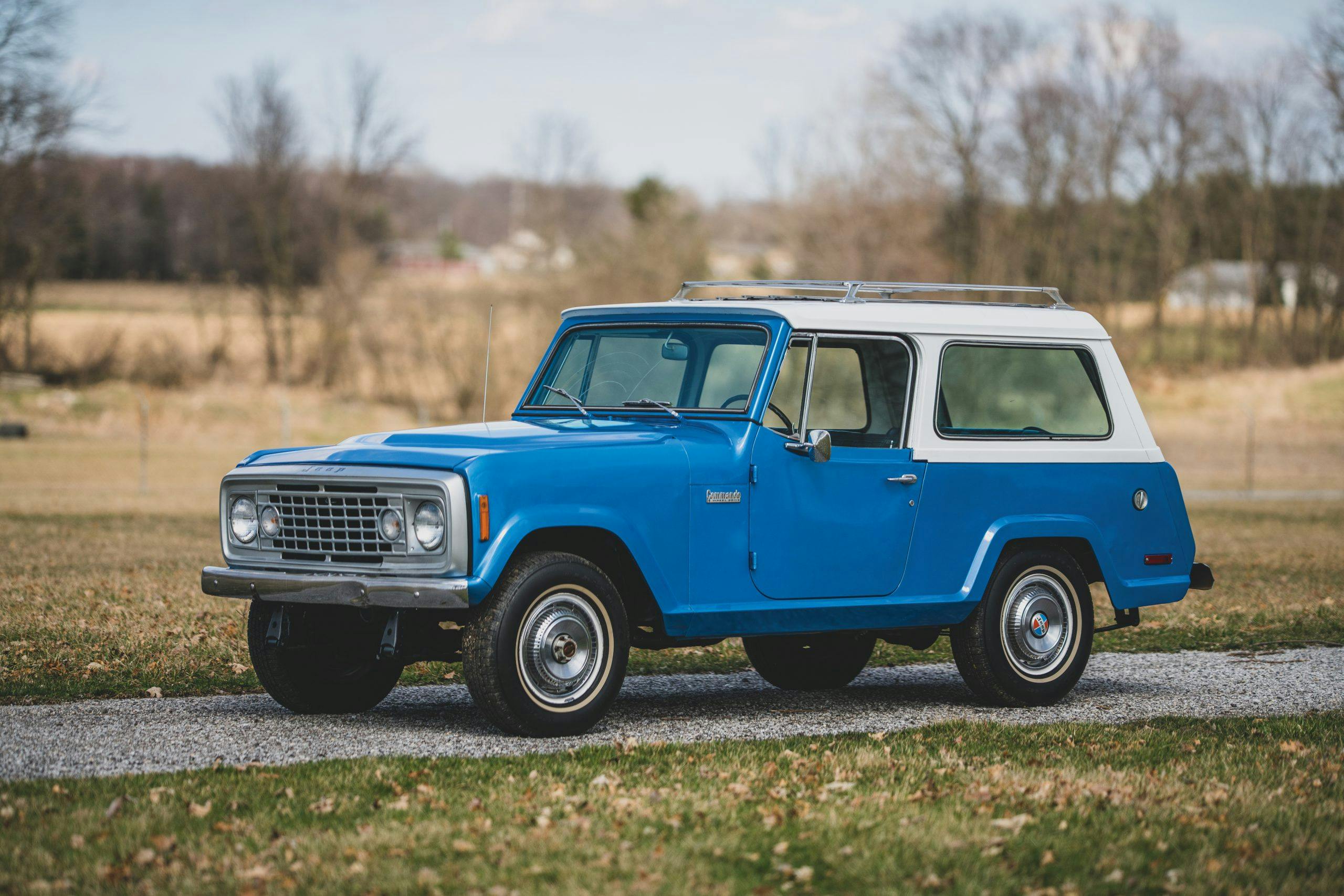
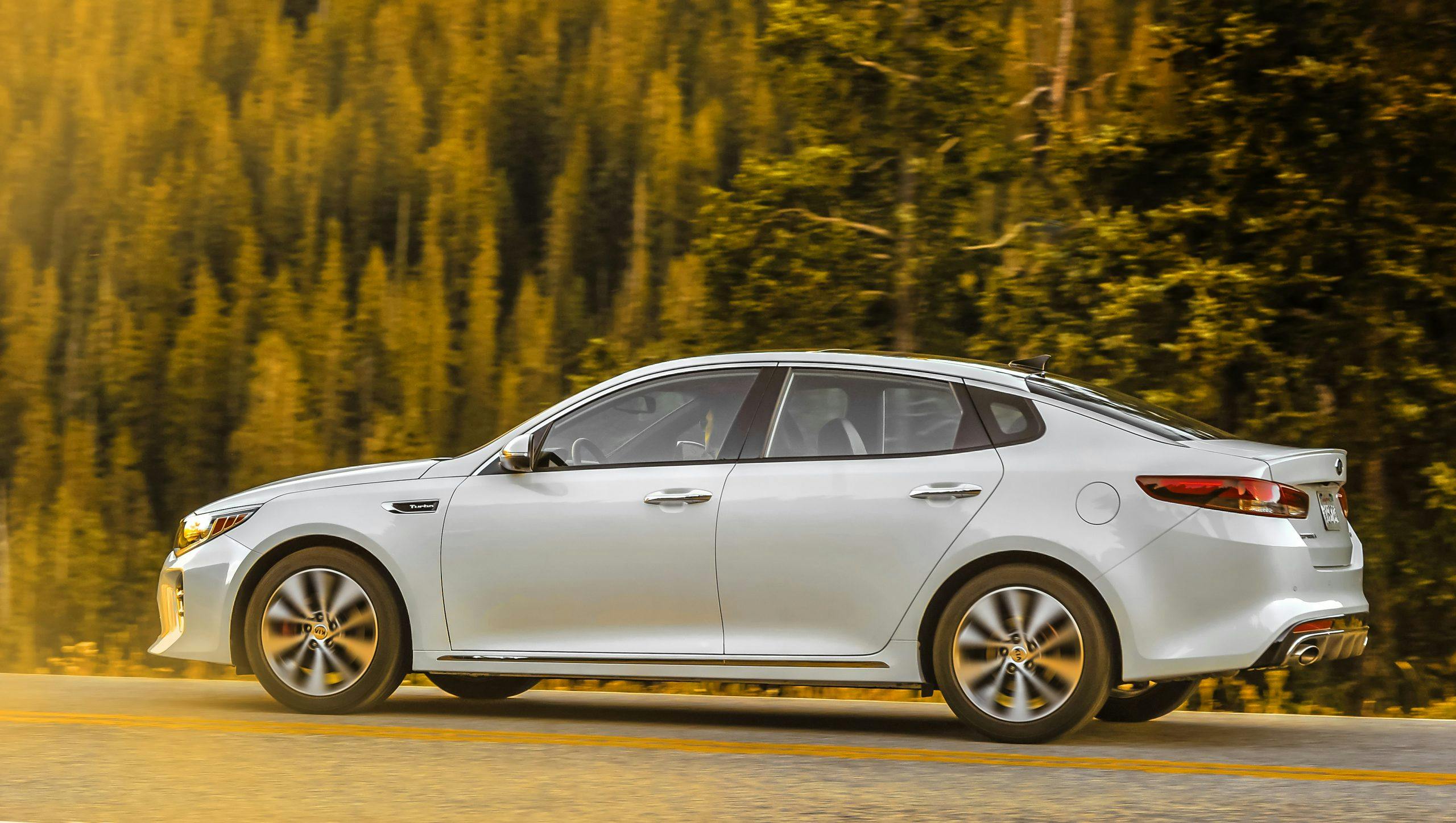
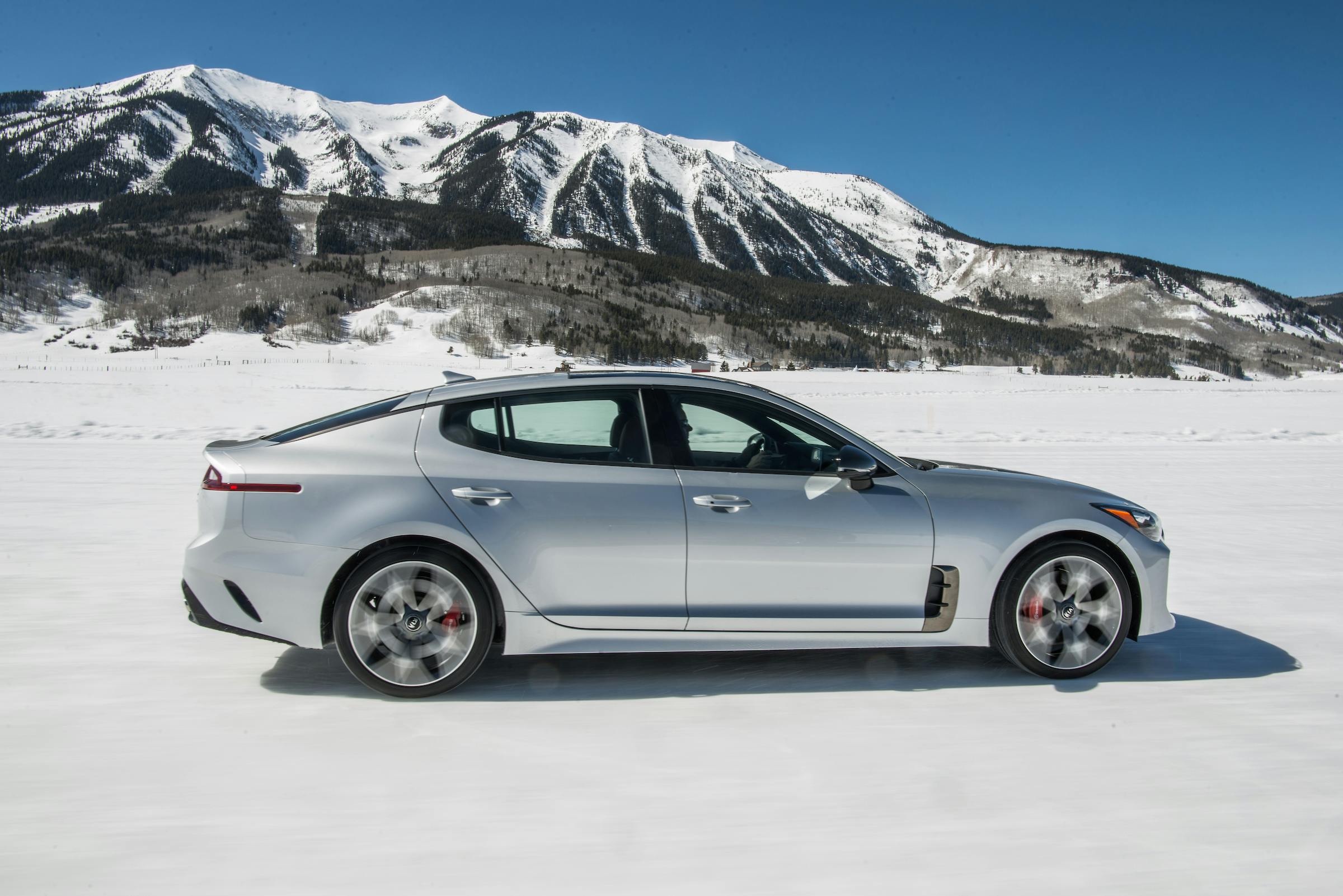
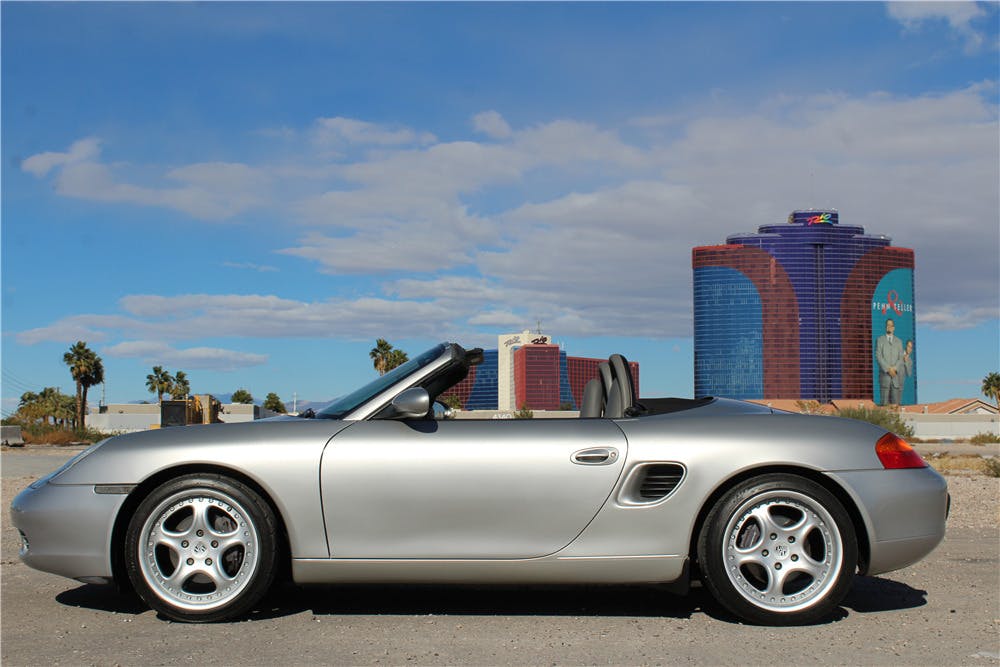
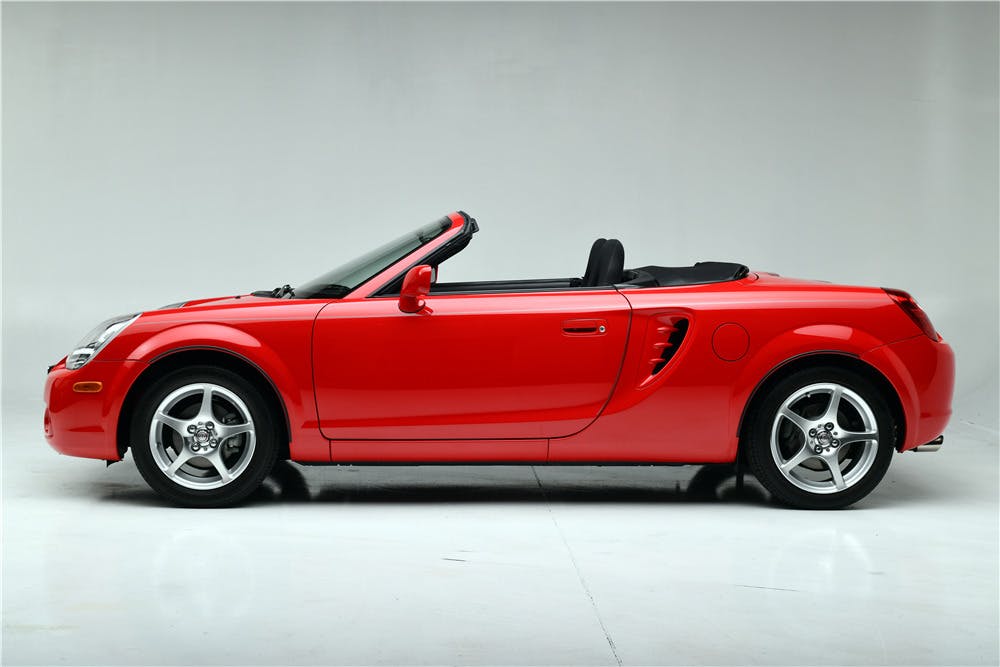
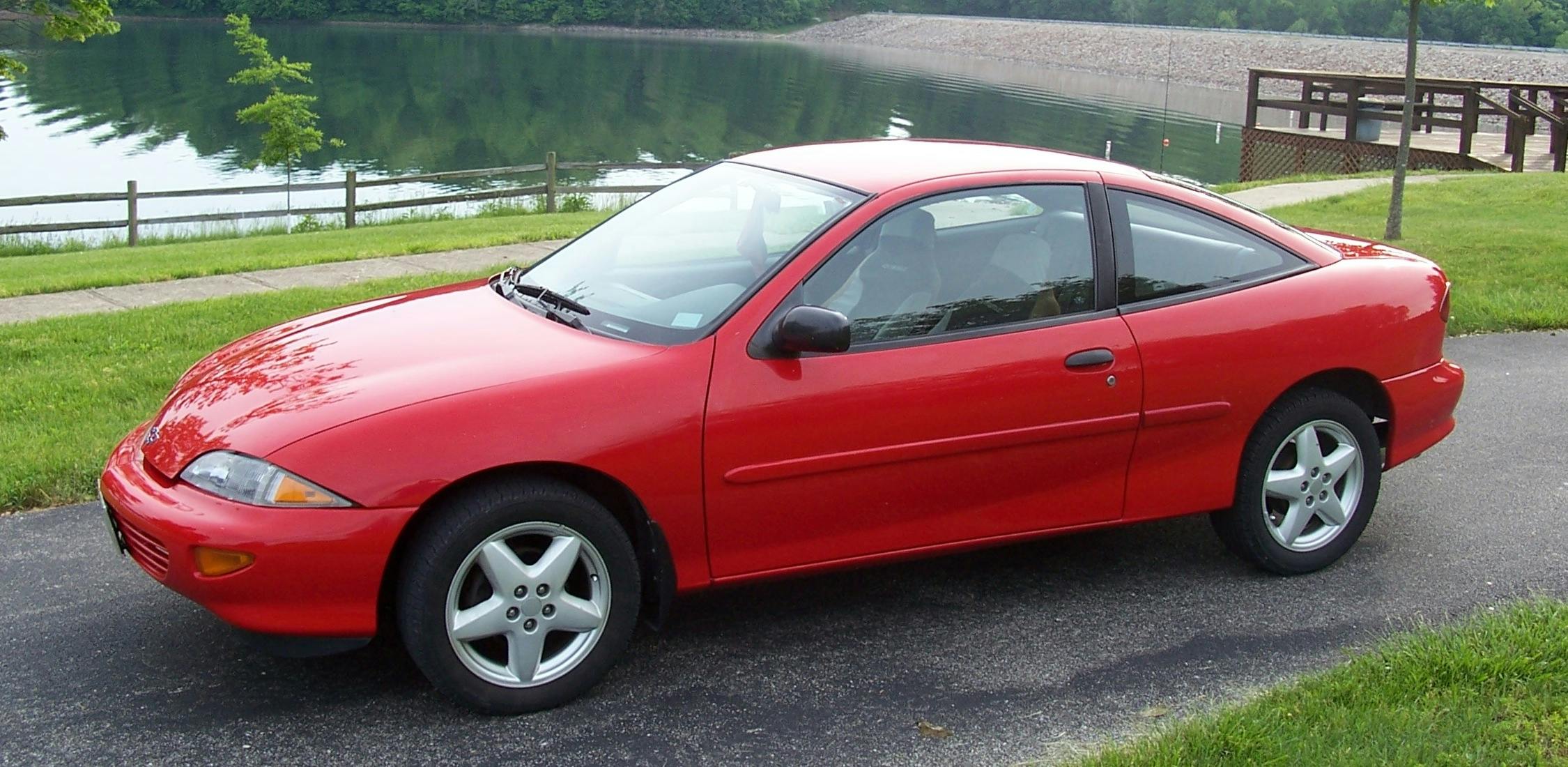
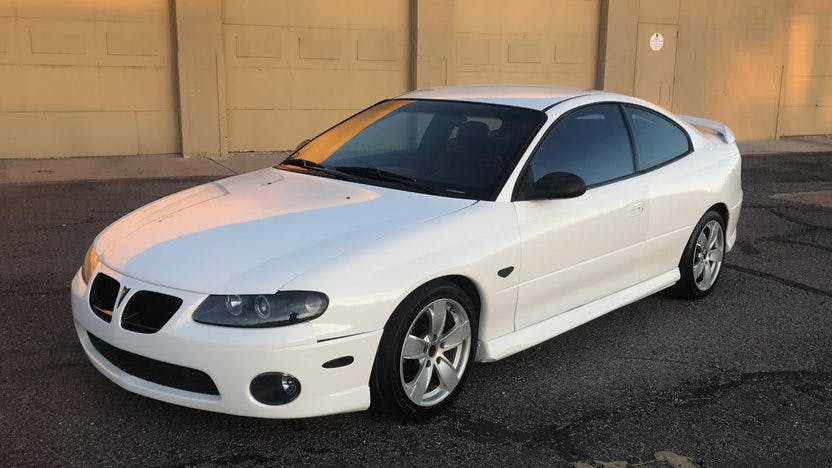
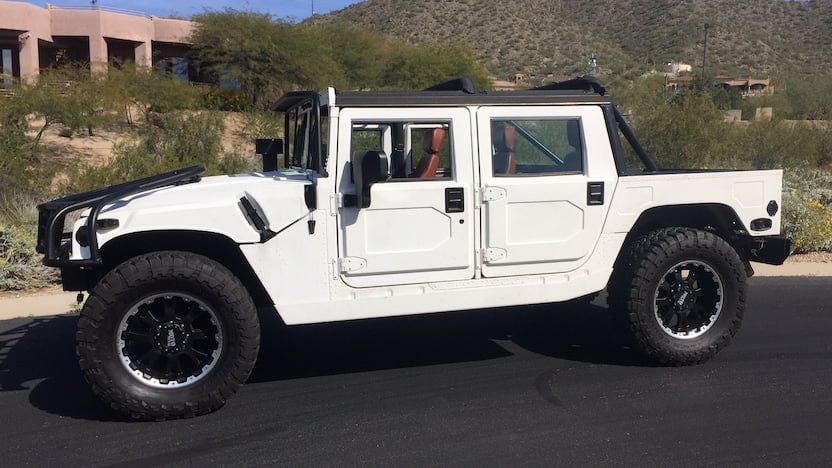
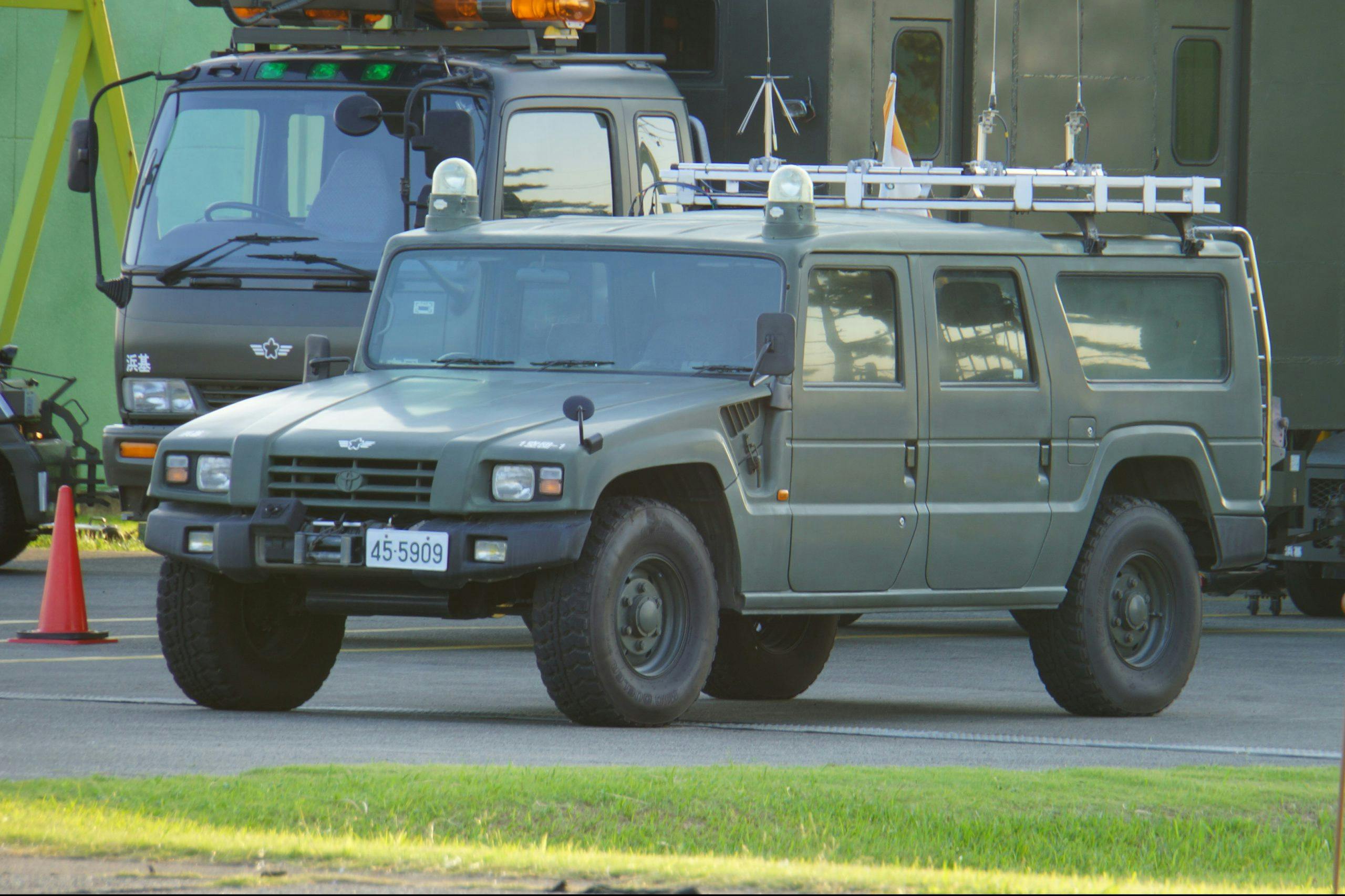


Porsche 928 / Renault Fuego
I’ve always thought the Maserati Quattroporte looks like the Buick LeSabre from the early 2000’s, right down to the portholes.
When I was scrolling down through these and got to the 928 & Pacer, I had to let out a laugh, but looking closer, I have to agree. Never thought that before, but wow. May be why I like the Pacer.
1975 AMC Pacer and 1977 Porsche 928???? LMAO!!!! Sorry….I never criticize these articles…..but really???
One of the most blatant copies was the 54 Hudson Jet’s copy of the 53 Ford styling. The Hudson looked like a 3/4 size version of the Ford.
The Landrover Series IIa and IH Scout were direct competitors in the US and I think Landrover made red paint a standard color in the US because so many early Scouts were red with a white roof. In the rest of the world red was a special order color.
The new Jeep Cherokee bears a striking resemblance to the International Scout!
A ‘47 Ford and an early ‘60’s Volvo.
OK, here’s one from within the same corporate family: how about the 92 Olds Cutlass Supreme S 4-dr sedan and the Saturn Series S 4-dr sedan, The both have a grill-less front facia, quarter windows on the back doors, thin C pillars, wraparound rear windshield, and a relatively flat rear facia with nearly rectangular taillights.
I always thought that the Puma and its associated Brazilian sports coupes based on VWs looked more like an Alpine A110, al least from the front.
1978 Ford Granada and Merc 280SE
https://www.youtube.com/watch?v=qzIVJlOPwxQ
I don’t know how many people confused my early 70’s Dusters as Novas from the same era.
The Marlin. Chief AMC designer Richard Teague penned that and got it pushed through. The decision to use the Classic body instead of the American was due to no V-8 for the American at that time (not until the smaller, lighter Gen2 290 V-8 appeared in 1966, although at least on dealer had shoe-horned a Gen1 327 in an American). The AMC CEO at the time, Roy Abernethy, was a big man and liked bigger cars… and hats. He wanted enough head room in the back for an adult with a hat. Teague argued against raising the rear roofline. AMC sent him on a European tour, reviewing some of the styling for a month or two. I forget the exact length of the trip, but the order for the styling department to raise the roofline went out shortly after he left, so he couldn’t argue about it. That’s how we got the humped looking Marlin instead of a sleeker fish.
I would include the 1st and maybe 2nd generation VW Rabbit with a host of copy cats from US and European manufacturers.
Missed a great one. Porsche 912 and the Glas
Remember the old commercial for the Ford Granada where the people always mistook it for a Mercedes? Even as a young kid at that time I used to think those people were nuts😆